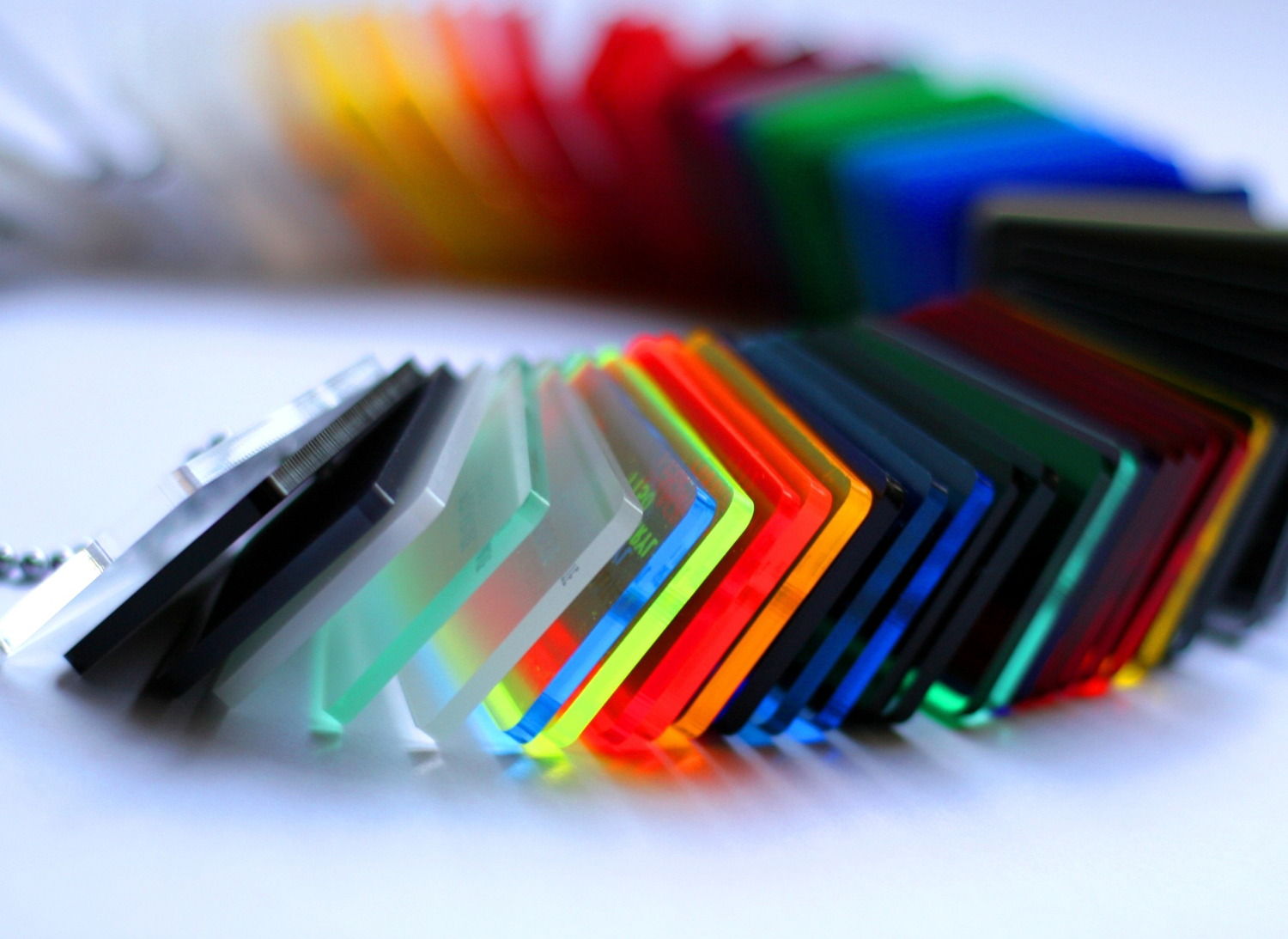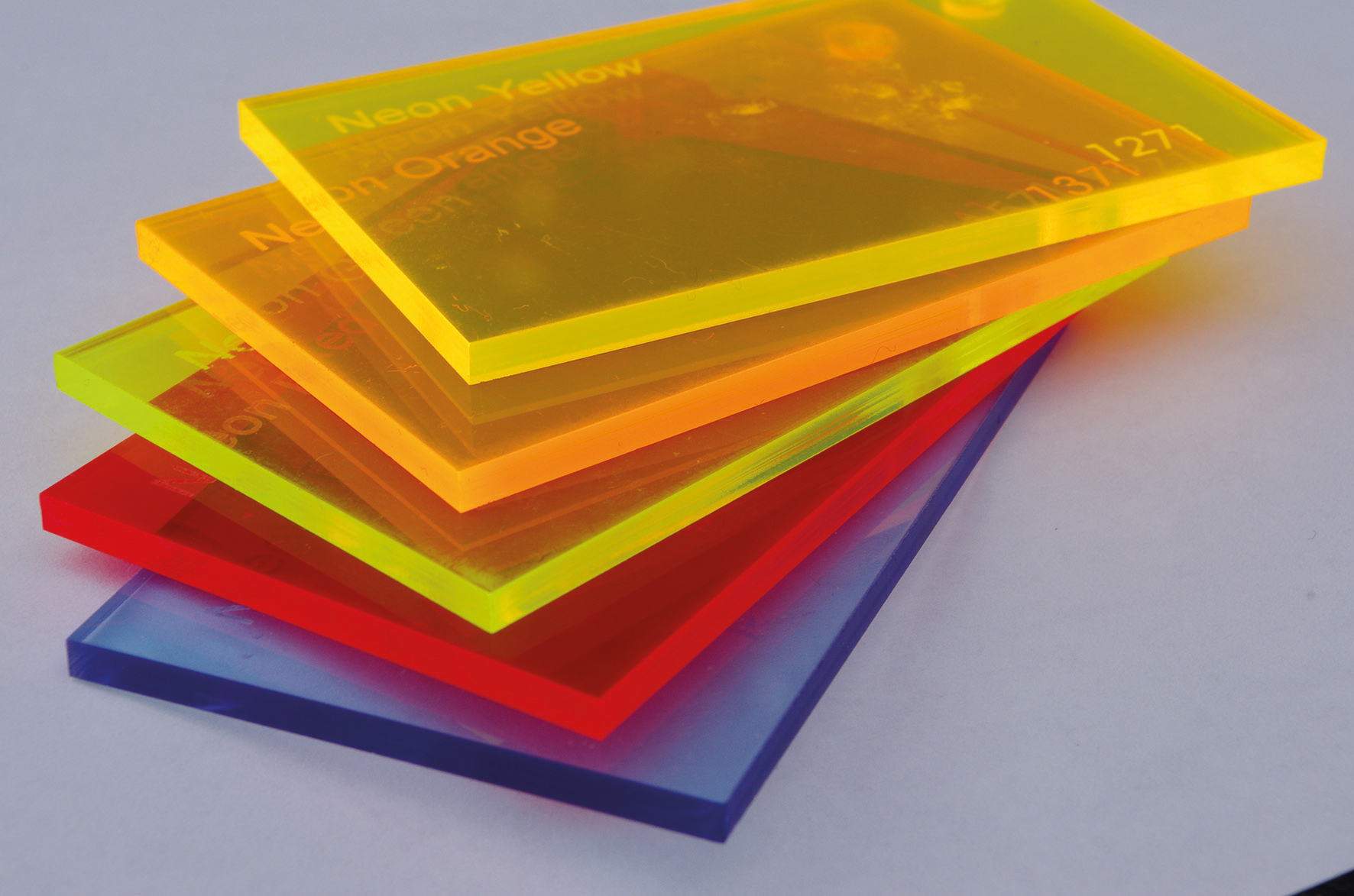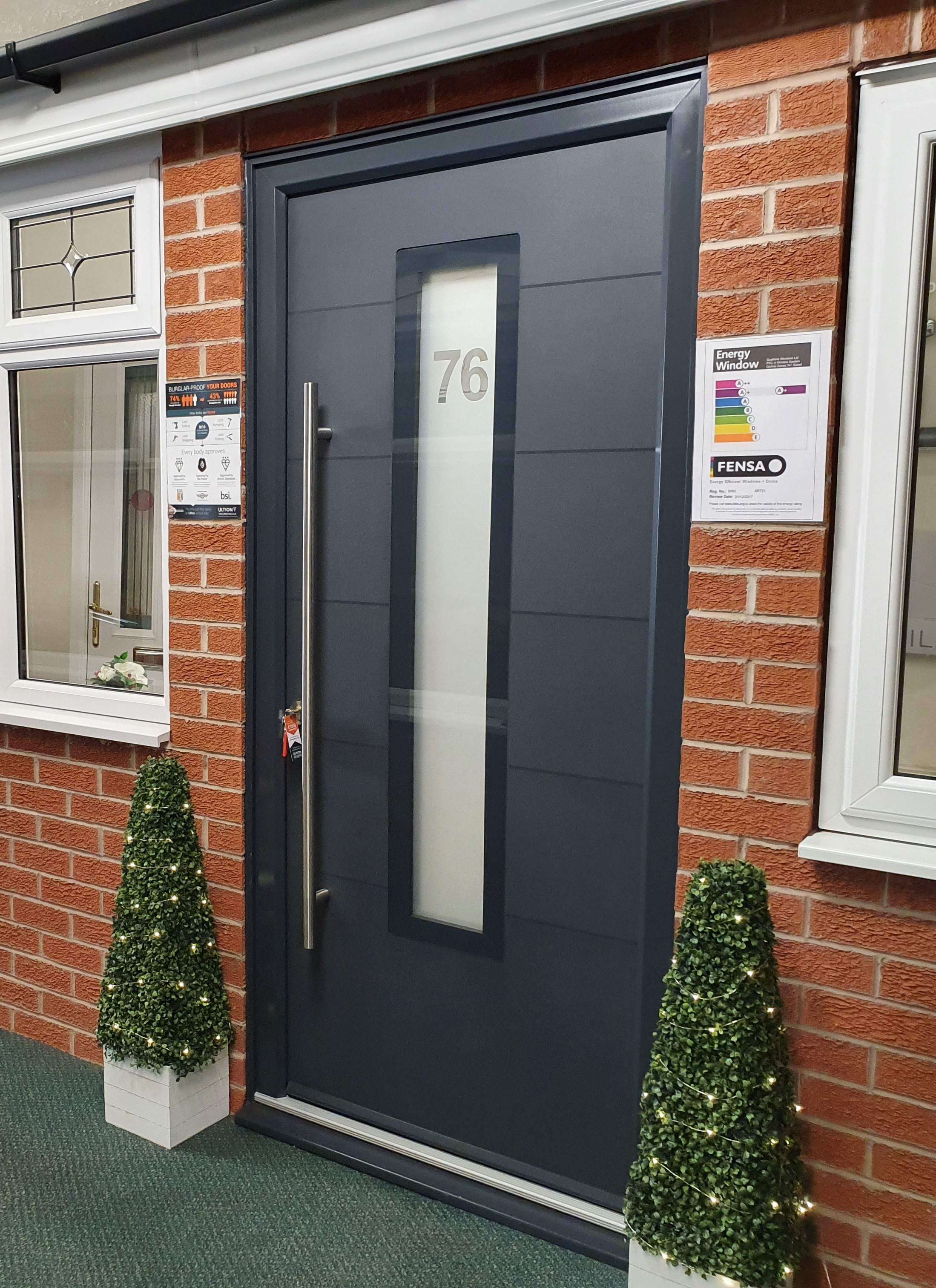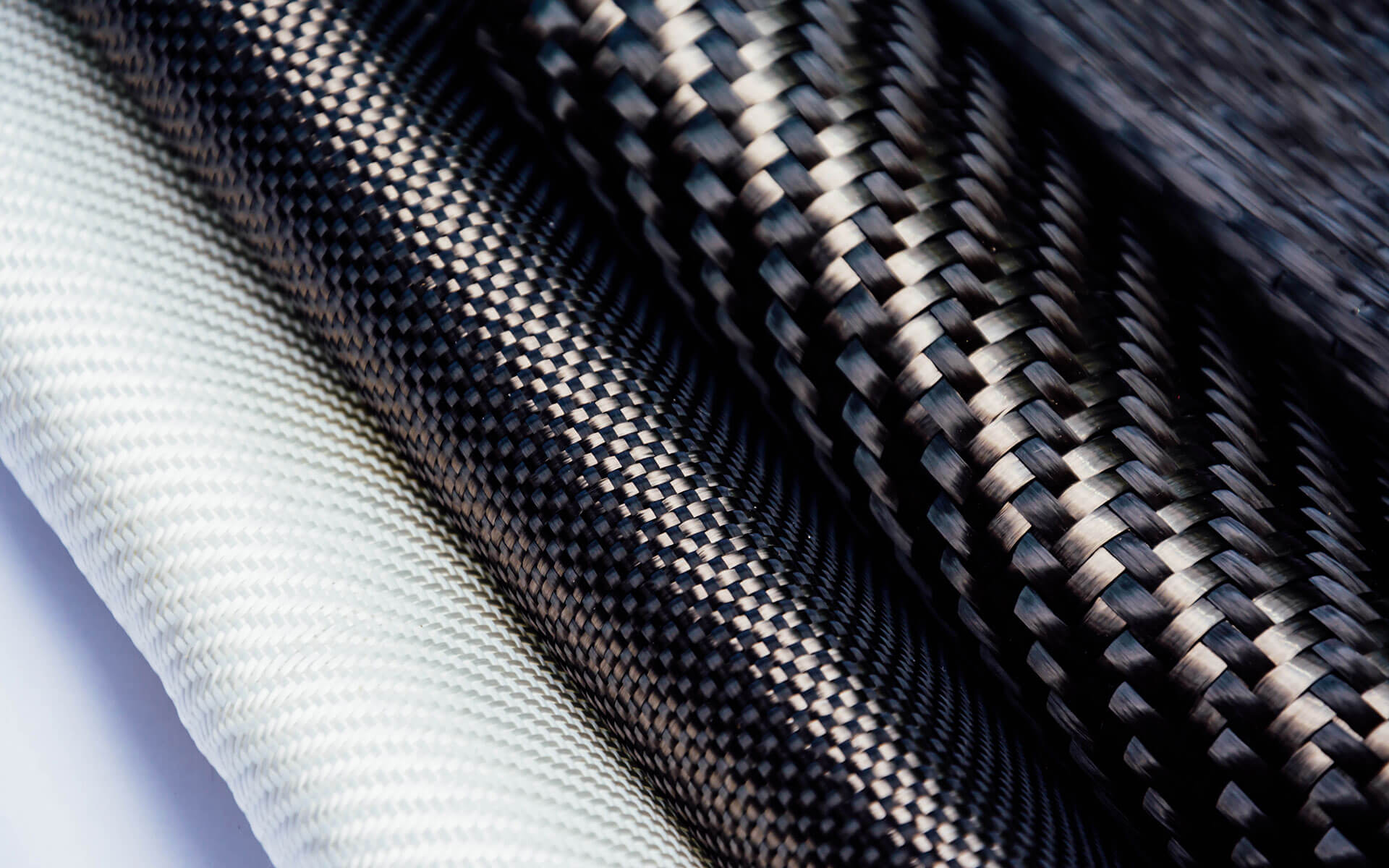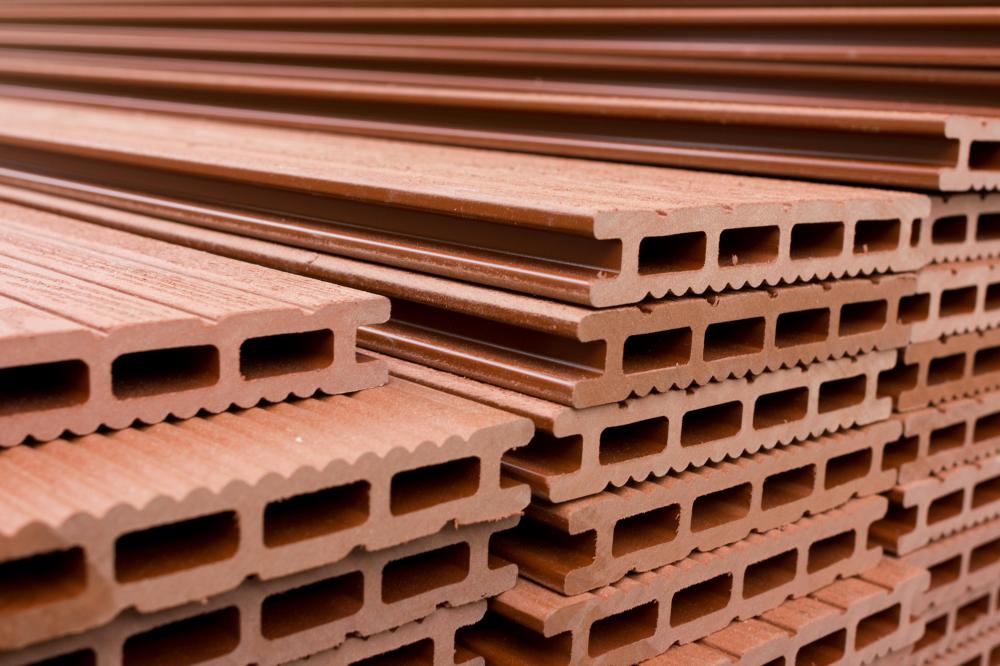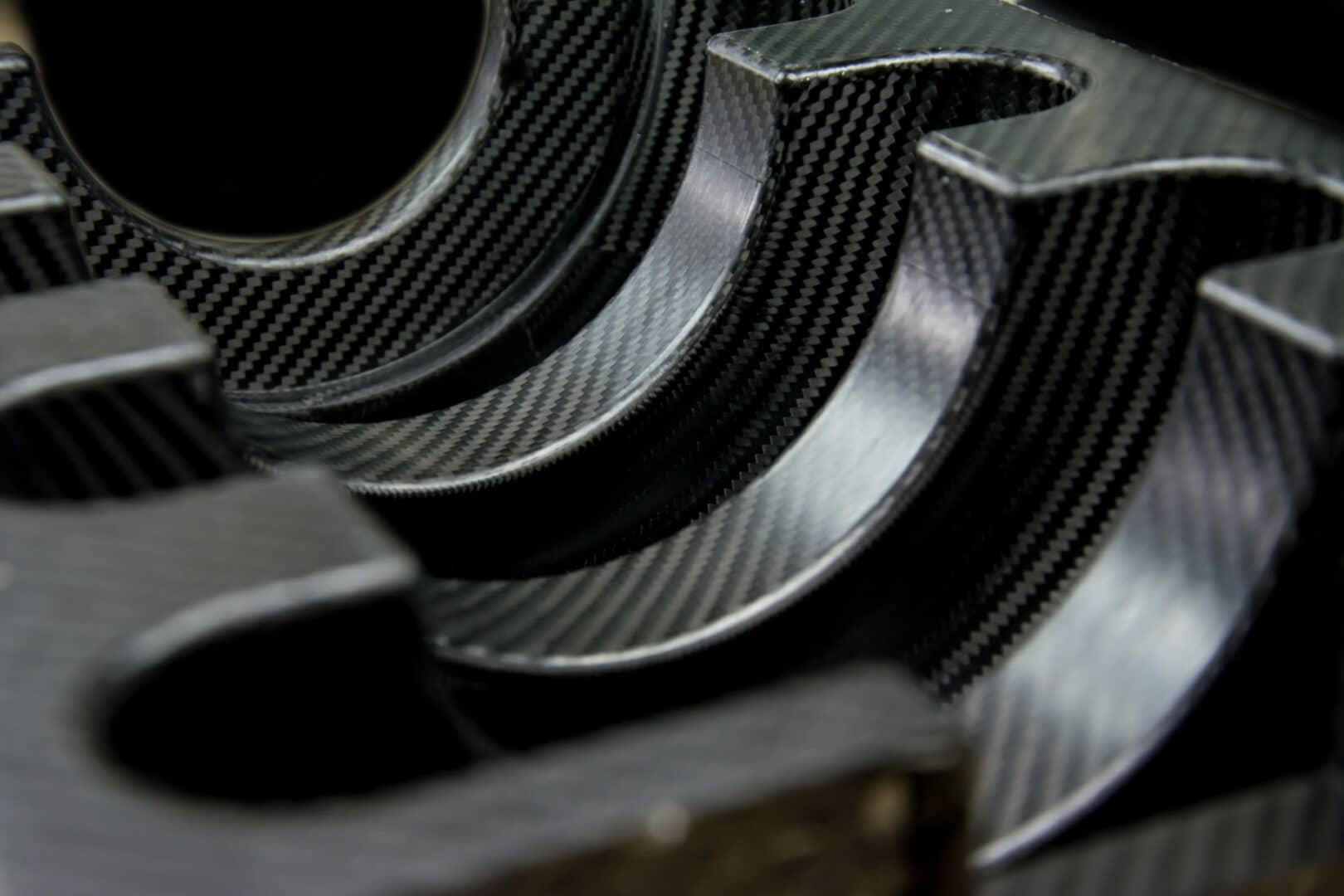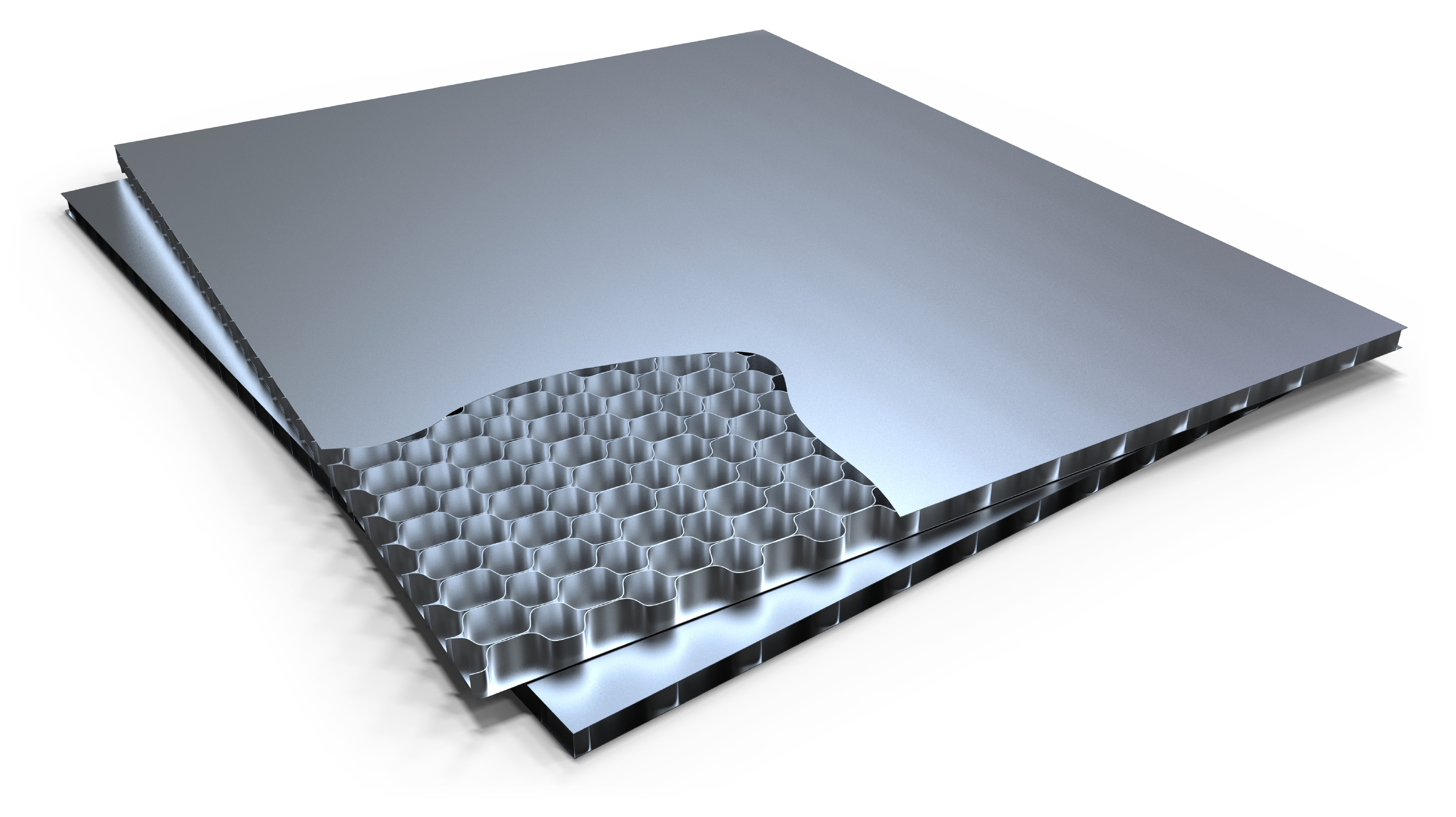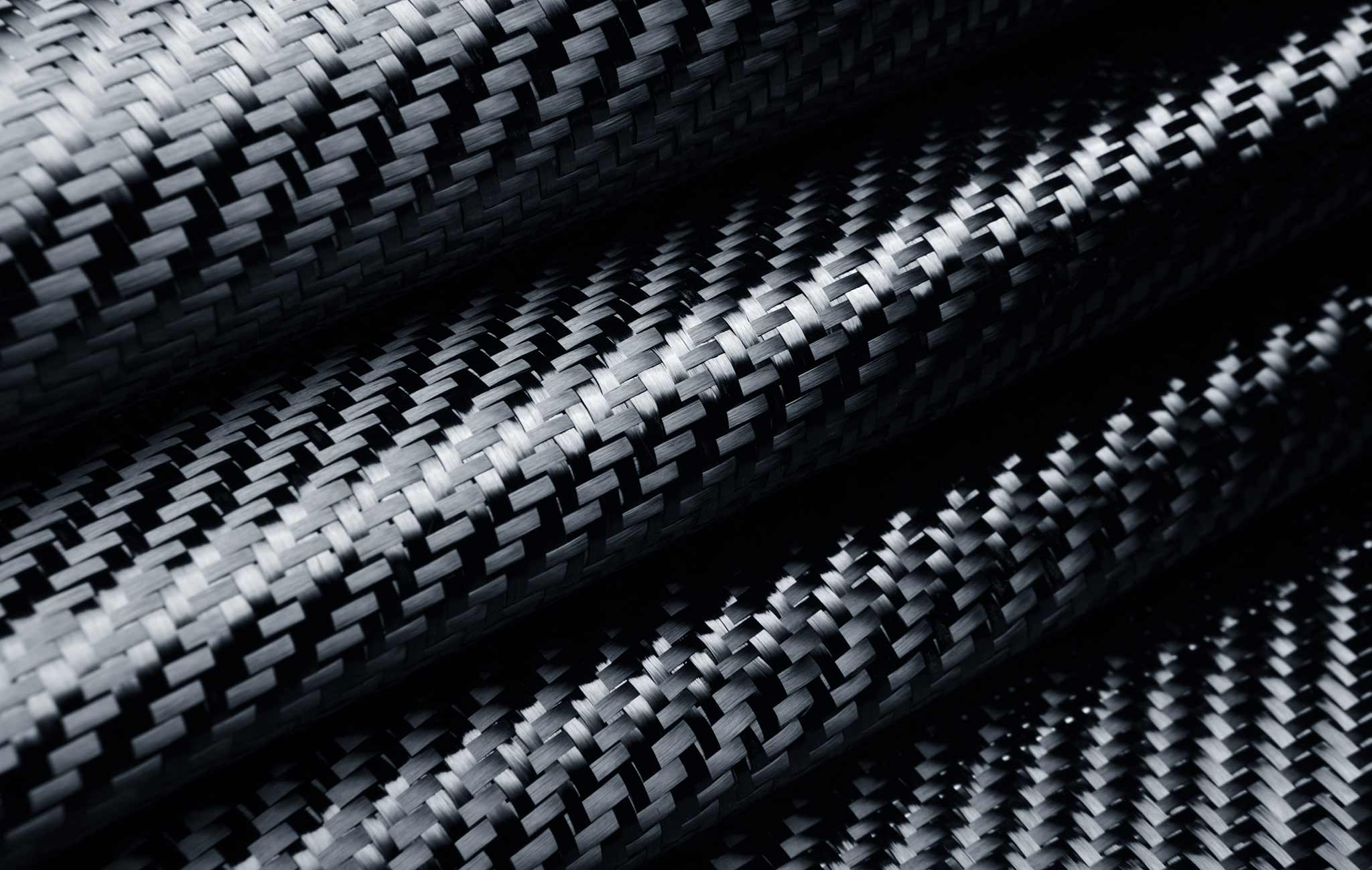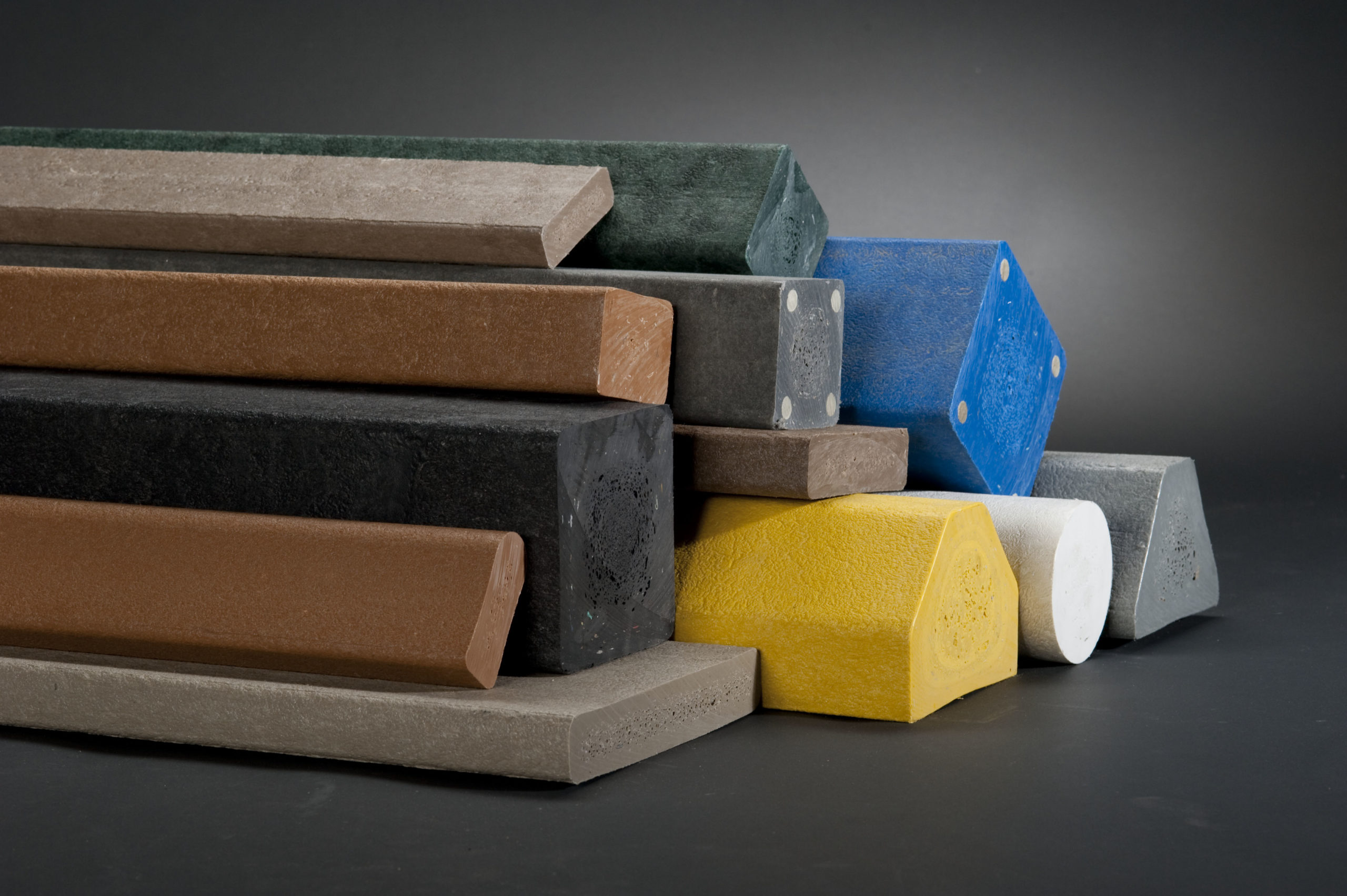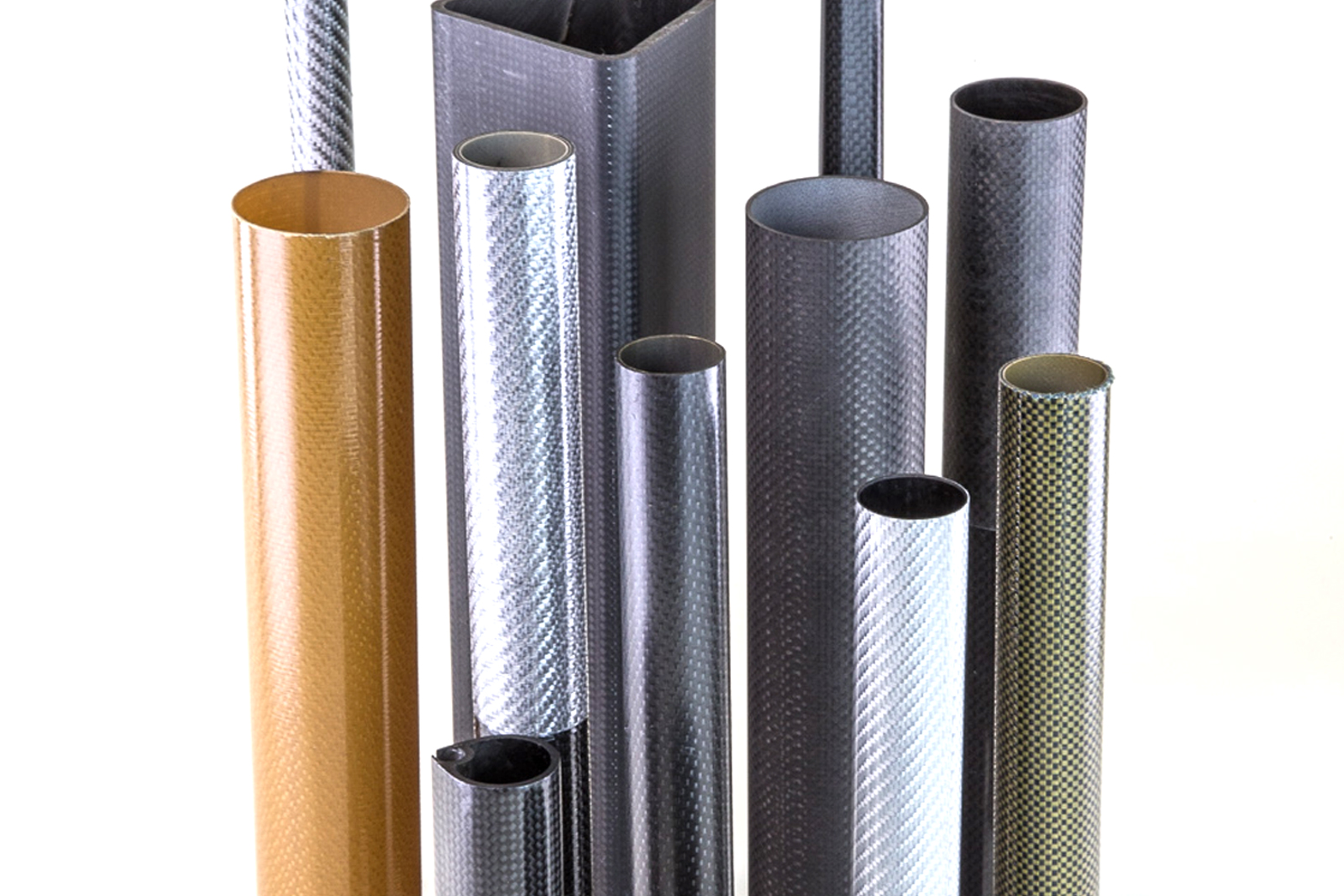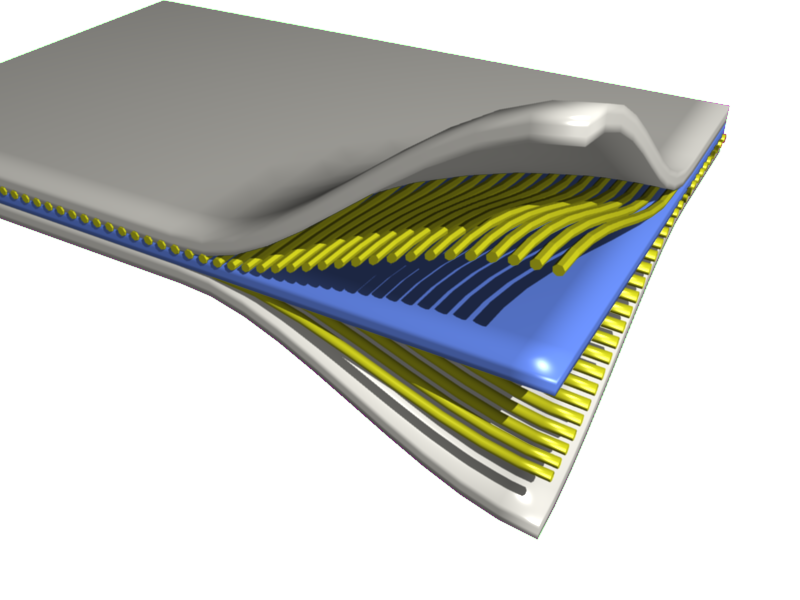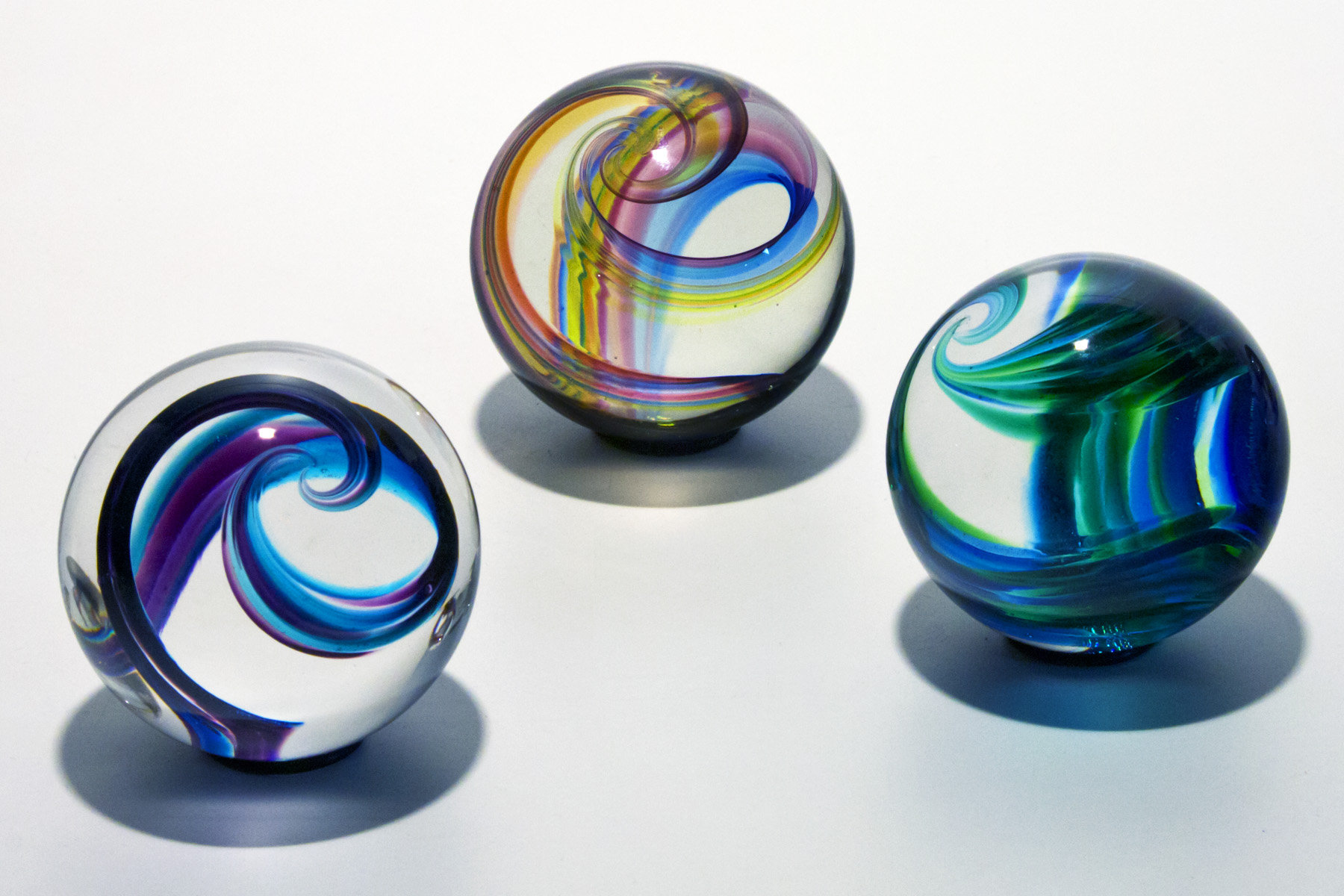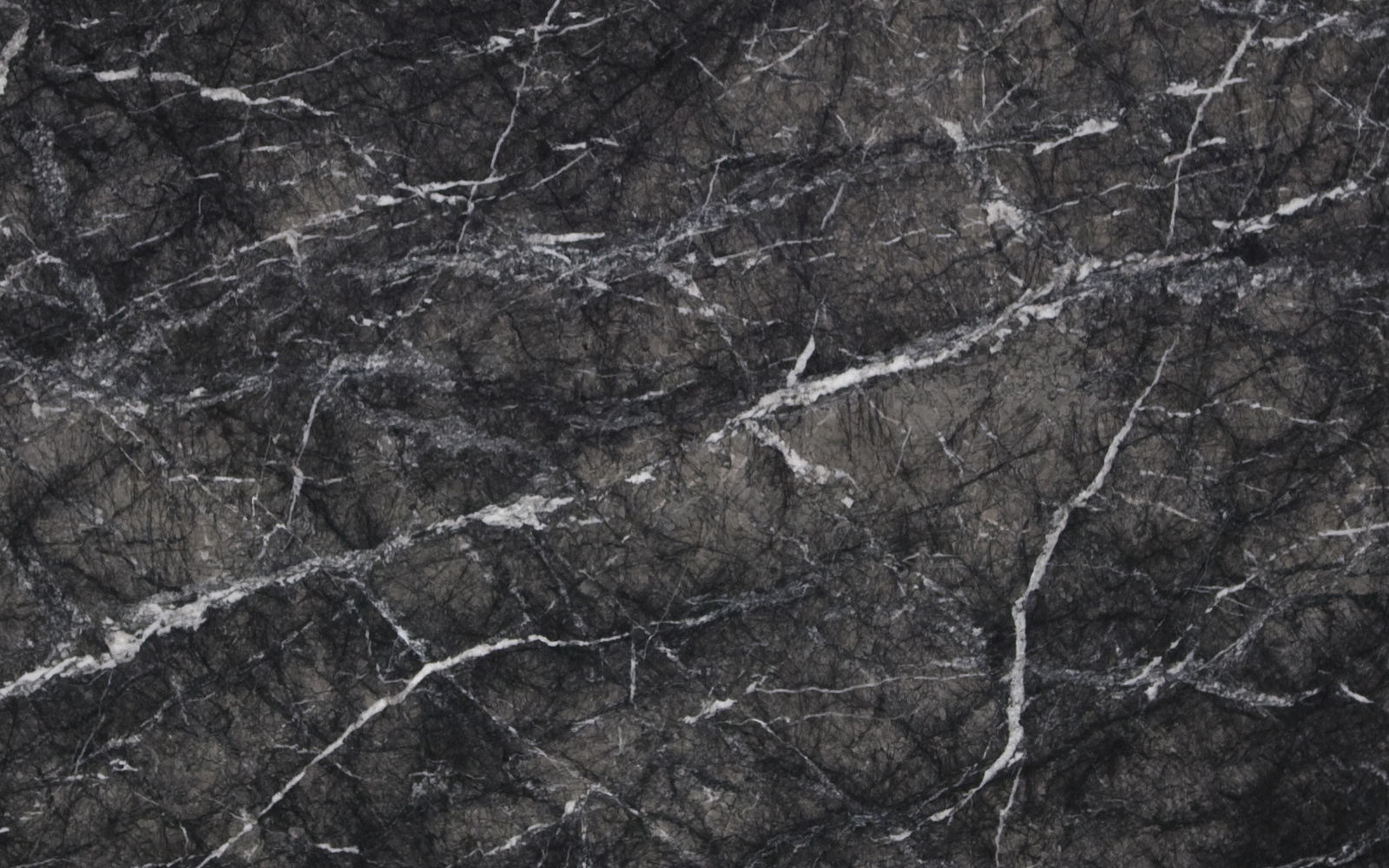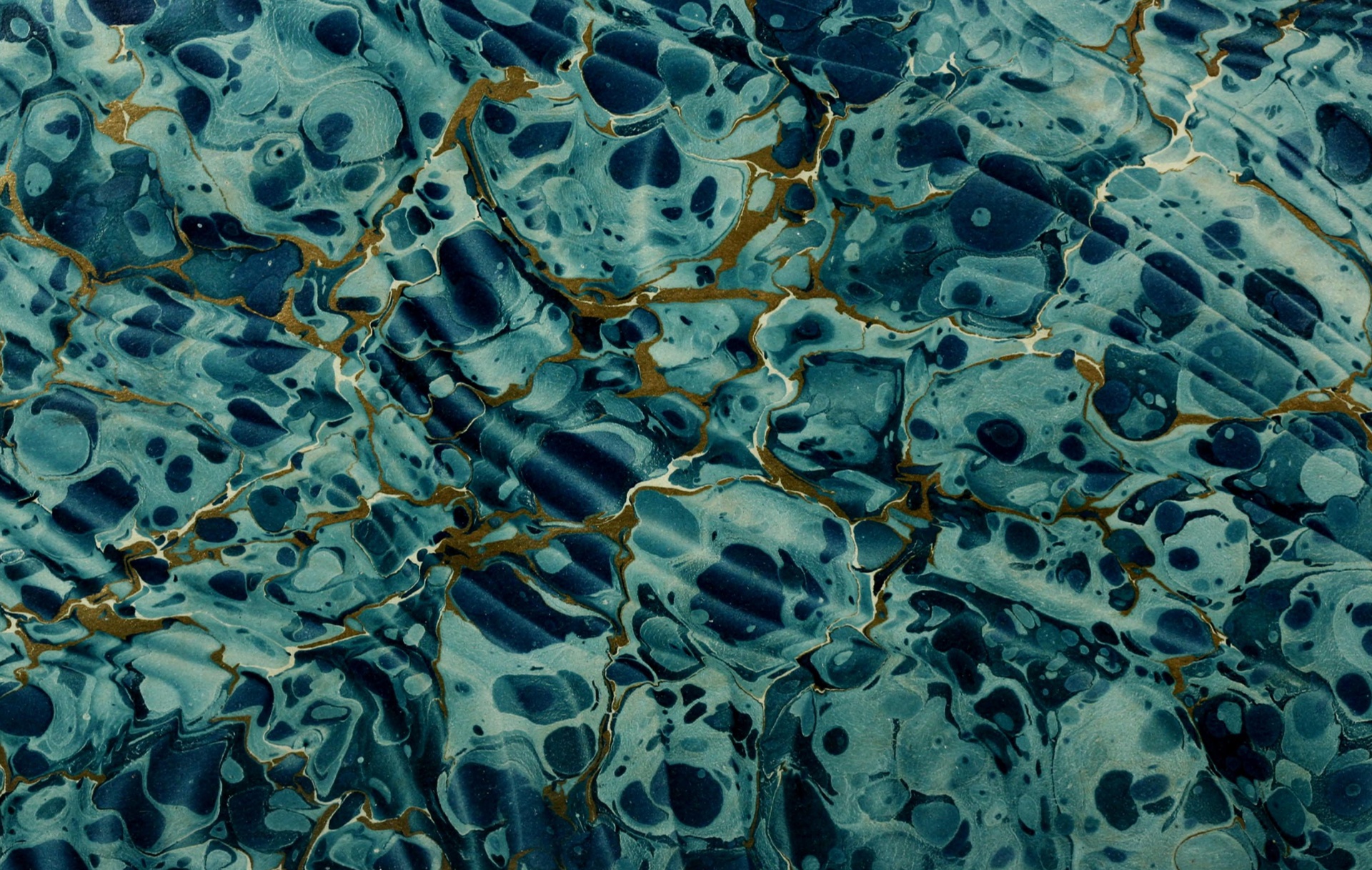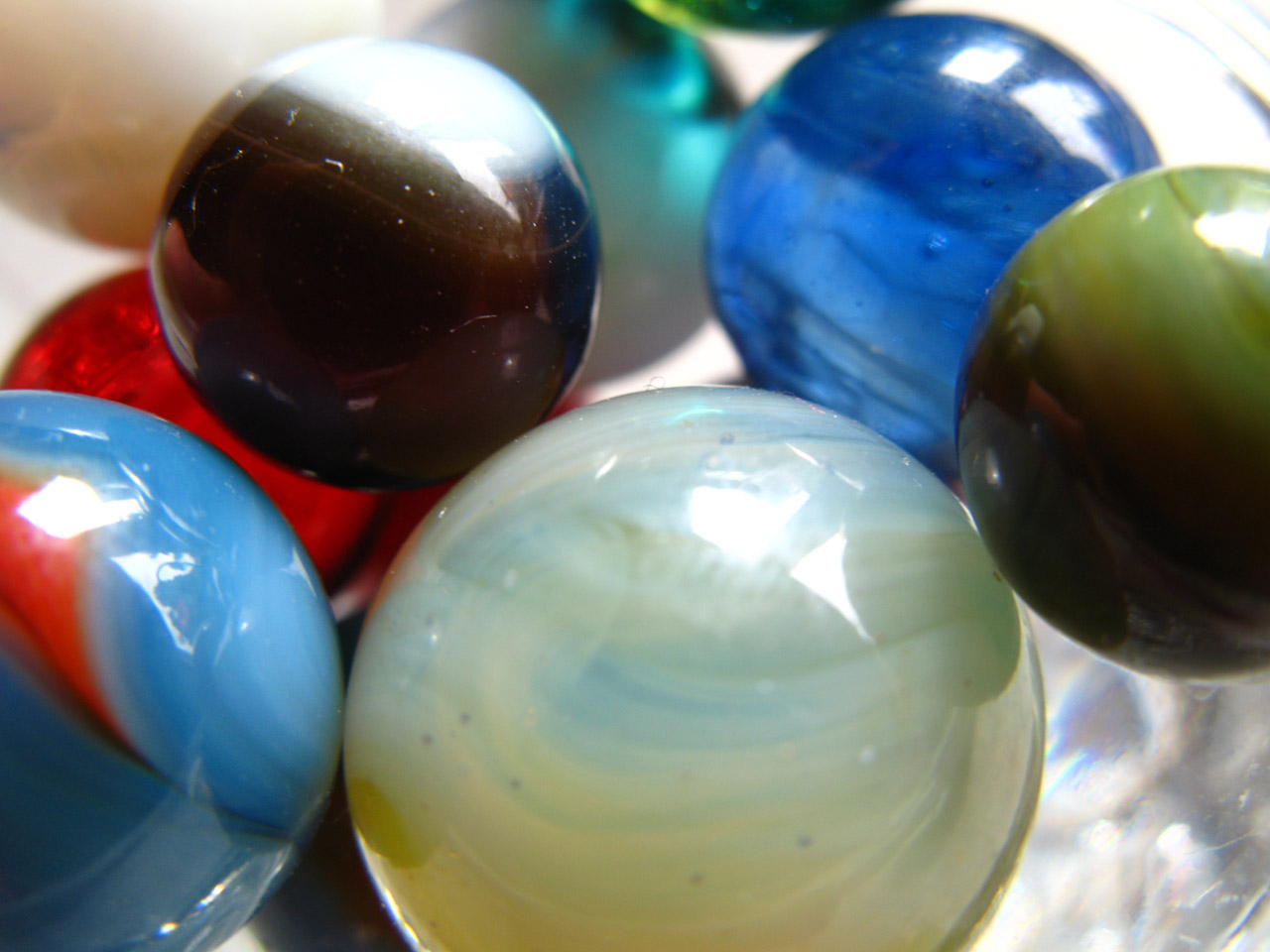Stainless steel is a popular choice for bathroom sink drains due to its durability and corrosion-resistant properties. It is also a sleek and modern option that can easily match any bathroom decor. One of the benefits of stainless steel is its versatility, as it can be molded into various shapes and sizes to fit different sink designs. Another advantage is its low maintenance, as it can easily be cleaned with soap and water. However, stainless steel can be prone to scratches and water spots, which can affect its appearance over time. It is also a pricier option compared to other materials.Stainless Steel
Brass is a classic and elegant choice for bathroom sink drains. It is known for its stunning gold-like appearance and can add a touch of sophistication to any bathroom. One of the main advantages of brass is its durability, as it is a strong and long-lasting material. It is also resistant to corrosion and easy to maintain. However, brass can be an expensive option, and its color may fade over time if not properly cared for. It is also heavier than other materials, which may require additional support during installation.Brass
Plastic is a budget-friendly option for bathroom sink drains. It is lightweight, easy to install, and comes in various colors and designs. Plastic is also resistant to corrosion, making it a durable choice for bathroom sinks. However, it is not as sturdy as other materials and may crack or break over time. It is also not as aesthetically pleasing compared to other materials and may not last as long.Plastic
Cast iron is a heavy and durable material that is commonly used for bathroom sink drains. It has a classic and timeless appearance that can add a touch of elegance to any bathroom. It is also resistant to corrosion and can withstand high water pressure. However, cast iron can be prone to rust if not properly maintained and may require regular cleaning. It is also a more expensive option compared to other materials and may require professional installation due to its weight.Cast Iron
Copper is a unique and eye-catching choice for bathroom sink drains. It is known for its warm and rich color that can add a rustic and vintage charm to any bathroom. Copper is also a durable material that is resistant to corrosion and easy to maintain. However, it can be an expensive option and may require regular polishing to maintain its shine. It is also a softer material, which may be prone to dents and scratches over time.Copper
Chrome is a popular and affordable choice for bathroom sink drains. It is a versatile material that can easily match any bathroom decor. Chrome is also resistant to corrosion and requires minimal maintenance. One of the main advantages of chrome is its sleek and shiny appearance, which can add a modern touch to any bathroom. However, it may not be as durable as other materials and can easily scratch or chip. It is also a lightweight material, which may require additional support during installation.Chrome
Porcelain is a delicate and elegant choice for bathroom sink drains. It is known for its smooth and glossy finish that can add a touch of luxury to any bathroom. Porcelain is also resistant to stains and easy to clean. One of the main benefits of porcelain is its wide range of colors and designs, making it easy to match any bathroom decor. However, it is a fragile material and may crack or chip if not handled carefully. It is also a more expensive option compared to other materials.Porcelain
Acrylic is a lightweight and budget-friendly option for bathroom sink drains. It is a popular choice for modern and minimalist bathroom designs due to its clean and sleek appearance. Acrylic is also resistant to stains and easy to maintain. One of the main advantages of acrylic is its versatility, as it can be molded into various shapes and sizes to fit different sink designs. However, it may not be as durable as other materials and can easily scratch or crack. It is also prone to discoloration over time.Acrylic
Composite is a blend of different materials, such as quartz, granite, and resin, to create a strong and durable material for bathroom sink drains. It is known for its resistance to scratches, stains, and heat, making it a popular choice for high-traffic bathrooms. Composite is also available in various colors and designs, making it easy to match any bathroom decor. However, it is a more expensive option compared to other materials and may require professional installation.Composite
Marble is a luxurious and elegant choice for bathroom sink drains. It is known for its stunning and unique patterns that can add a touch of sophistication to any bathroom. Marble is also a durable material that is resistant to stains and scratches. One of the main benefits of marble is its versatility, as it can be carved into various shapes and sizes to fit different sink designs. However, it is a high-end option and can be quite expensive. It also requires regular sealing and maintenance to prevent discoloration and etching from water and cleaning products.Marble
The Importance of Choosing the Right Material for Your Bathroom Sink Drain

Introduction
 When it comes to designing your dream bathroom, every element matters, including the sink drain. While it may seem like a small detail, the material of your bathroom sink drain can have a significant impact on both the functionality and aesthetic of your space. In this article, we will discuss the pros and cons of different bathroom sink drain materials, so you can make an informed decision for your home.
When it comes to designing your dream bathroom, every element matters, including the sink drain. While it may seem like a small detail, the material of your bathroom sink drain can have a significant impact on both the functionality and aesthetic of your space. In this article, we will discuss the pros and cons of different bathroom sink drain materials, so you can make an informed decision for your home.
Stainless Steel
 Stainless steel
is a popular choice for bathroom sink drains due to its durability and resistance to corrosion. It is also easy to clean and maintain, making it a hygienic option for your bathroom. Additionally, stainless steel is a versatile material that can complement a variety of bathroom designs, from modern to traditional. However,
stainless steel
can be noisy when water is running, and it may show water spots and fingerprints, requiring frequent cleaning.
Stainless steel
is a popular choice for bathroom sink drains due to its durability and resistance to corrosion. It is also easy to clean and maintain, making it a hygienic option for your bathroom. Additionally, stainless steel is a versatile material that can complement a variety of bathroom designs, from modern to traditional. However,
stainless steel
can be noisy when water is running, and it may show water spots and fingerprints, requiring frequent cleaning.
Brass
 Brass
is another common material used for bathroom sink drains. It is known for its strength and durability, as well as its ability to resist rust and corrosion.
Brass
also has a timeless and elegant look, making it a popular choice for high-end bathrooms. However,
brass
can be more expensive than other materials, and it may require regular polishing to maintain its shine.
Brass
is another common material used for bathroom sink drains. It is known for its strength and durability, as well as its ability to resist rust and corrosion.
Brass
also has a timeless and elegant look, making it a popular choice for high-end bathrooms. However,
brass
can be more expensive than other materials, and it may require regular polishing to maintain its shine.
Plastic
 Plastic is a budget-friendly option for bathroom sink drains. It is lightweight, easy to install, and comes in a variety of colors, making it a popular choice for those looking to add a pop of color to their bathroom. However,
plastic
can be less durable than other materials and may not last as long. It is also more prone to staining and can be more challenging to clean.
Plastic is a budget-friendly option for bathroom sink drains. It is lightweight, easy to install, and comes in a variety of colors, making it a popular choice for those looking to add a pop of color to their bathroom. However,
plastic
can be less durable than other materials and may not last as long. It is also more prone to staining and can be more challenging to clean.
Copper
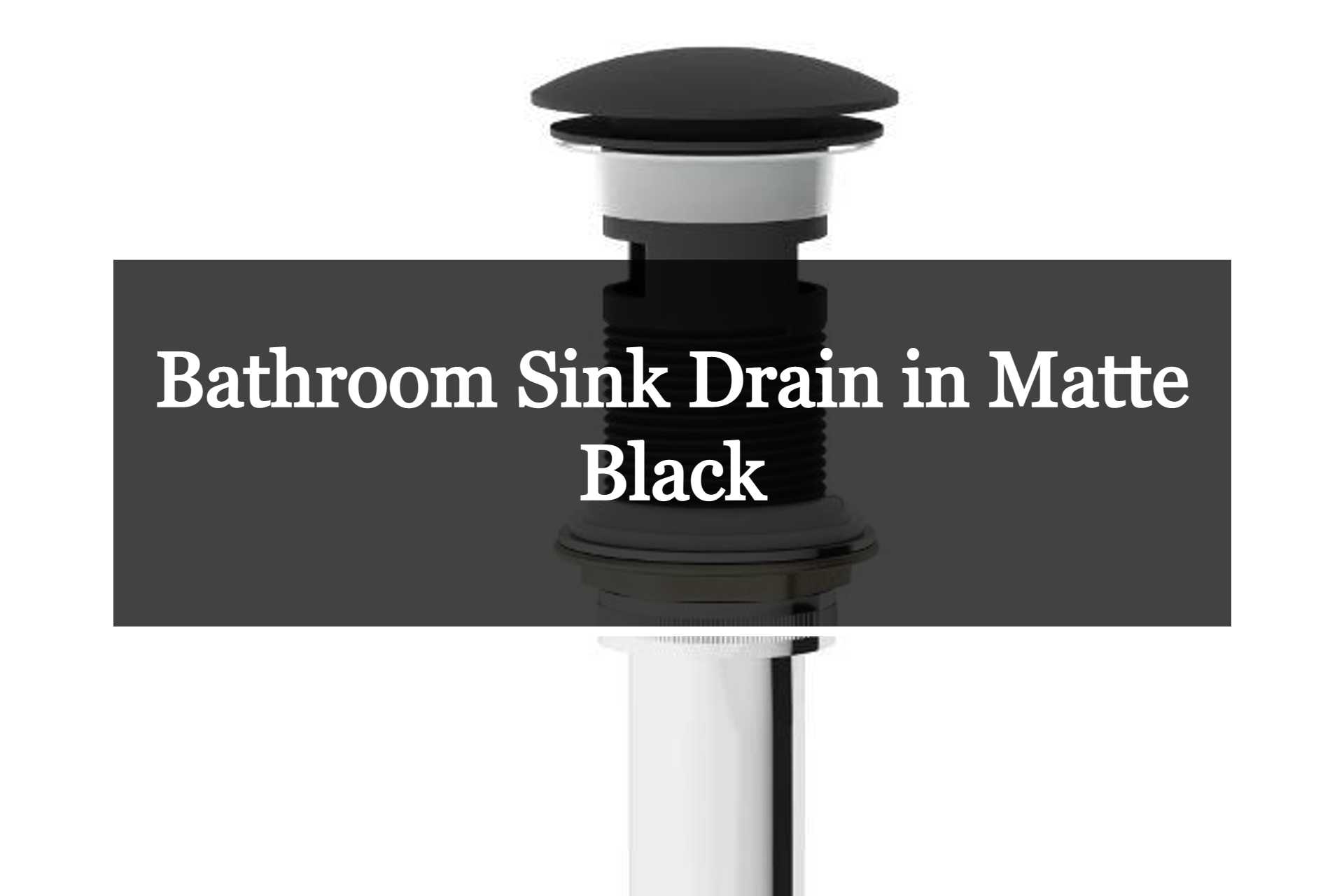 If you want to add a touch of luxury to your bathroom,
copper
is an excellent choice for your sink drain. It has a warm and inviting look that can add character to any bathroom design.
Copper
is also a durable material that is resistant to corrosion and bacteria, making it a hygienic option for your bathroom. However,
copper
can be expensive and may require regular polishing to maintain its color and shine.
If you want to add a touch of luxury to your bathroom,
copper
is an excellent choice for your sink drain. It has a warm and inviting look that can add character to any bathroom design.
Copper
is also a durable material that is resistant to corrosion and bacteria, making it a hygienic option for your bathroom. However,
copper
can be expensive and may require regular polishing to maintain its color and shine.
Conclusion
 When choosing the material for your bathroom sink drain, it is essential to consider both the functionality and aesthetic of your space. Each material has its pros and cons, and it ultimately depends on your personal preferences and budget. We hope this article has helped you make an informed decision for your bathroom design. Remember to
choose a material that suits your needs and complements your overall bathroom design
.
When choosing the material for your bathroom sink drain, it is essential to consider both the functionality and aesthetic of your space. Each material has its pros and cons, and it ultimately depends on your personal preferences and budget. We hope this article has helped you make an informed decision for your bathroom design. Remember to
choose a material that suits your needs and complements your overall bathroom design
.
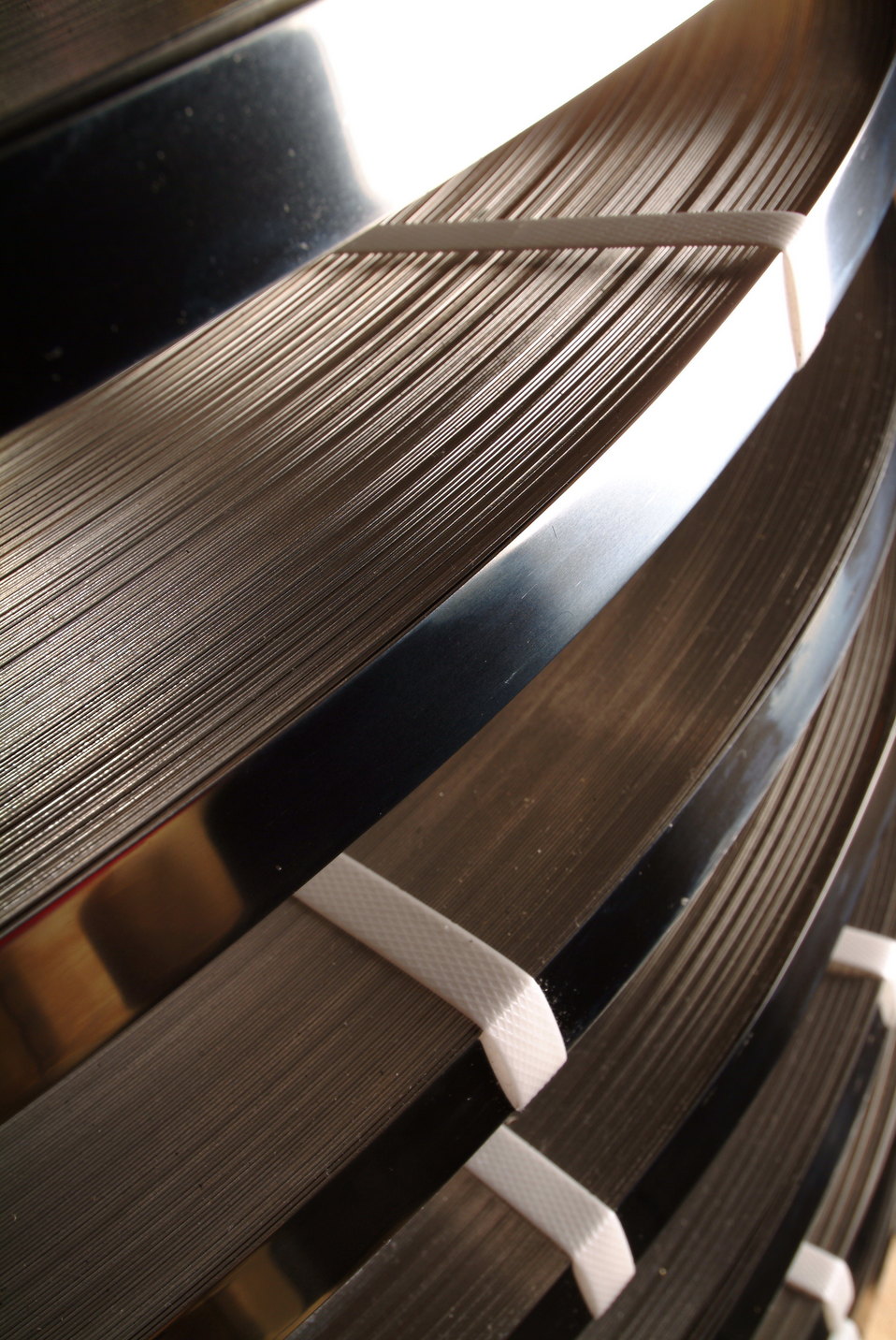


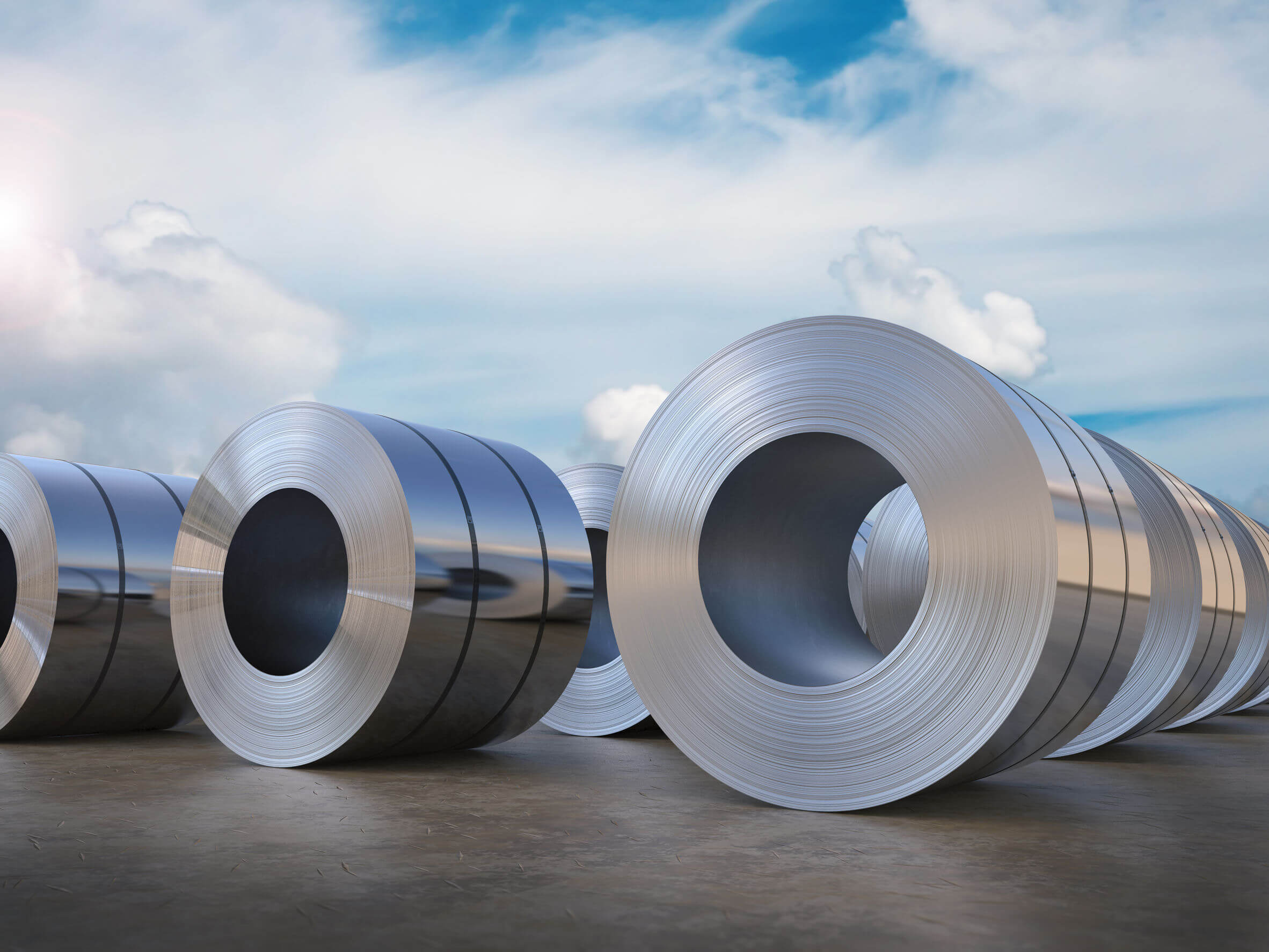












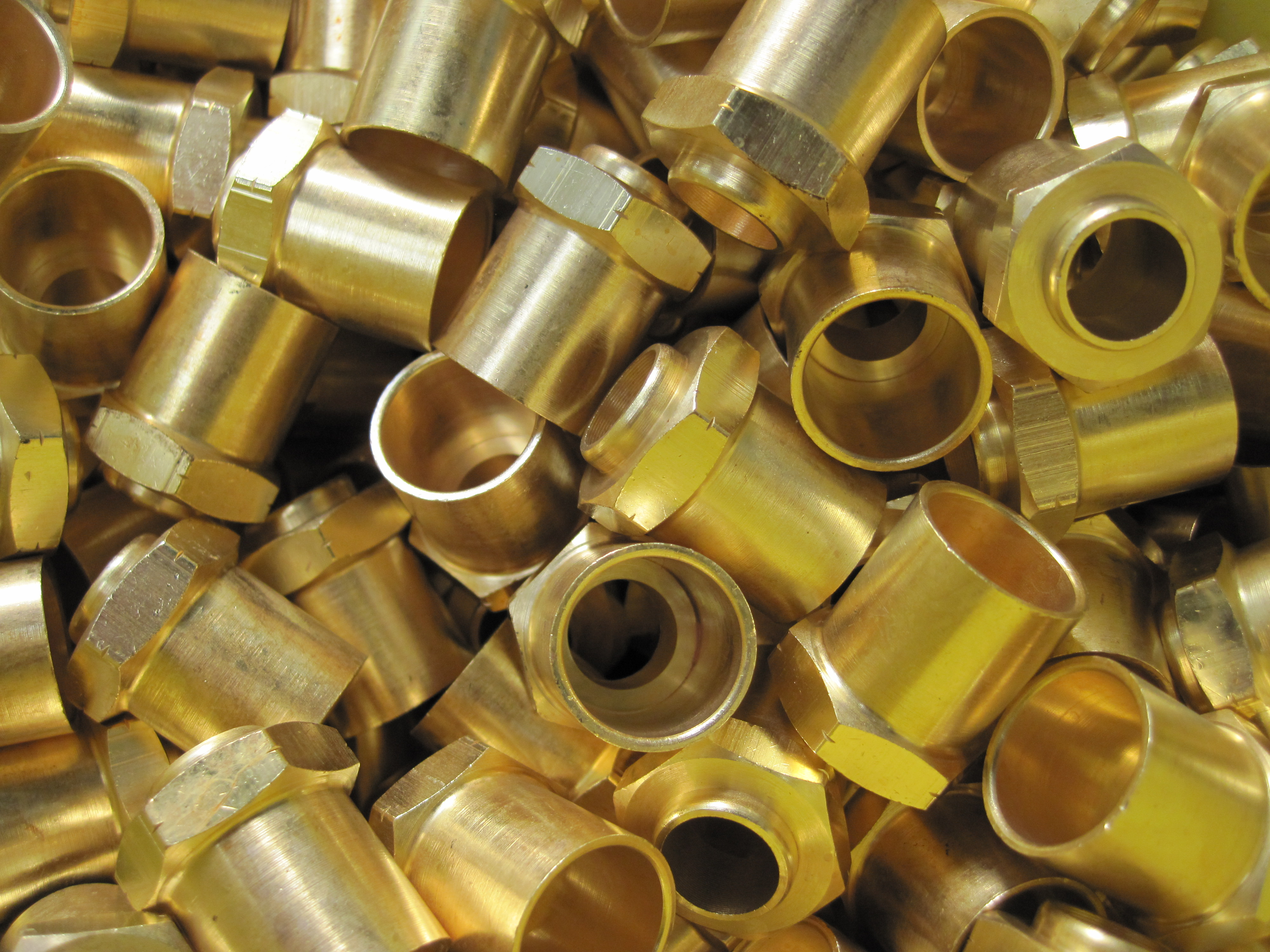
/long-brass-horns--musical-instrument-968183960-5b273539a474be0036540014.jpg)








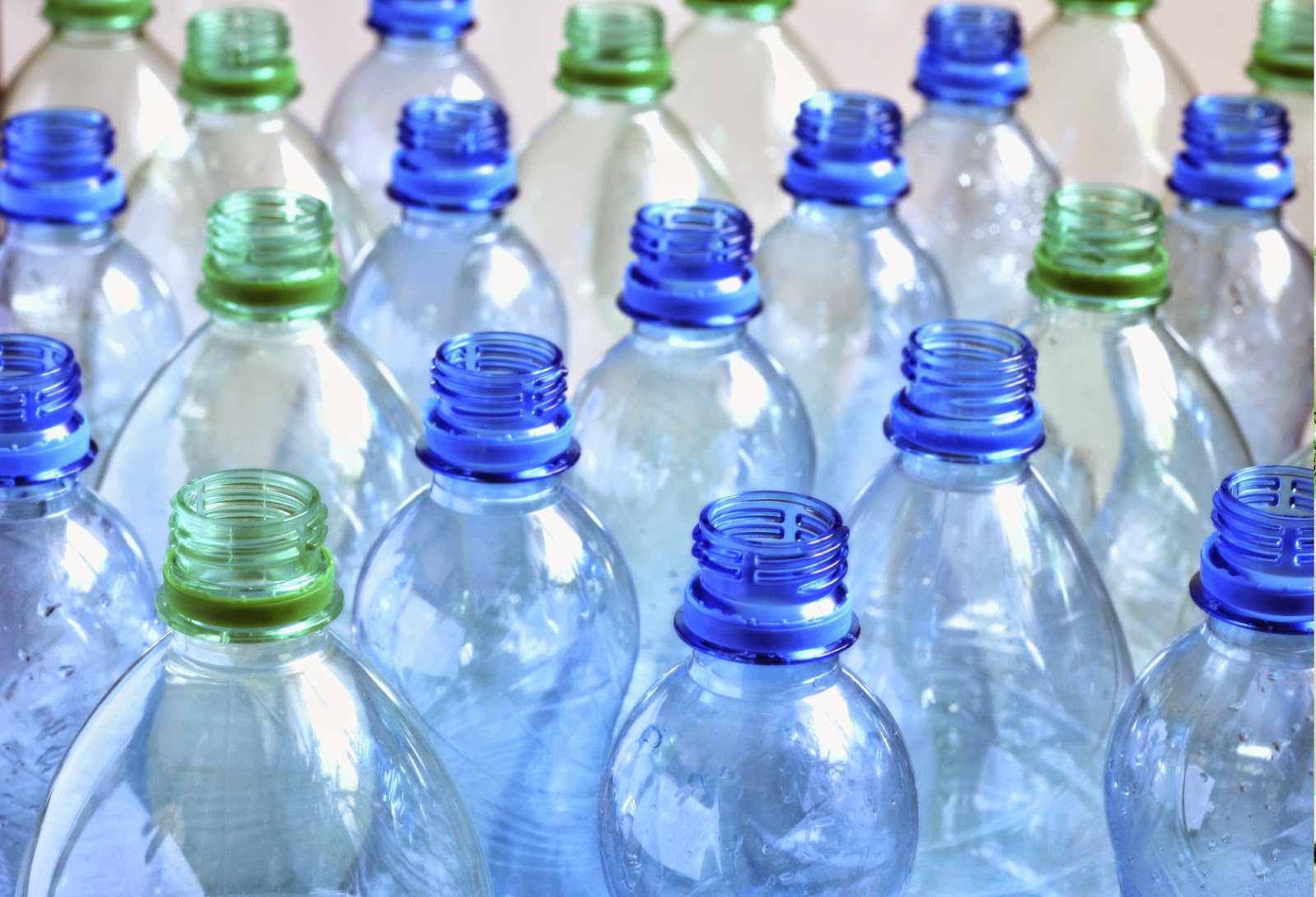



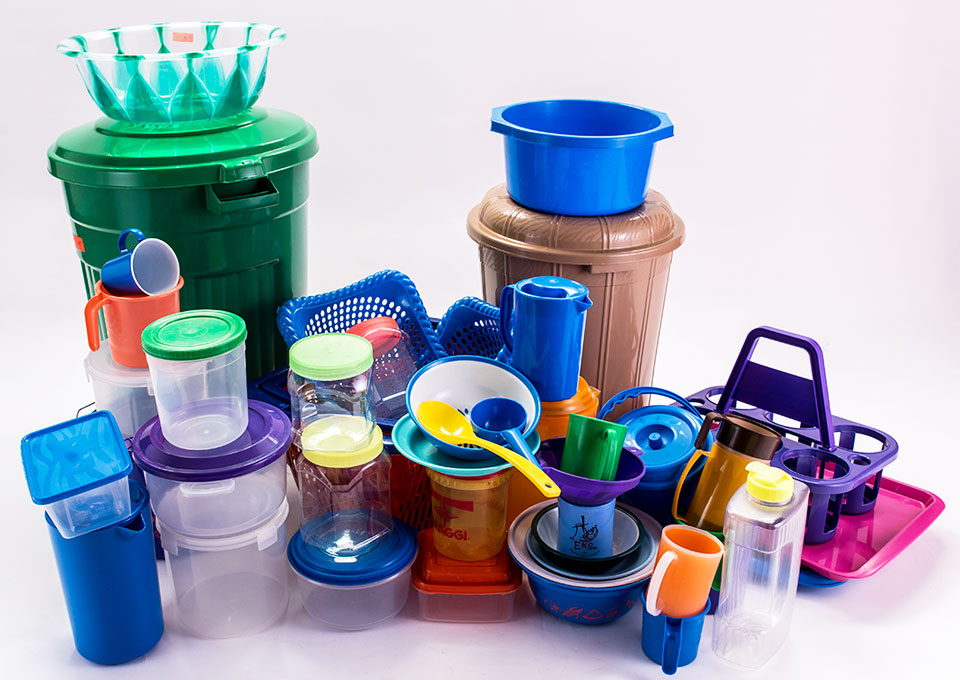

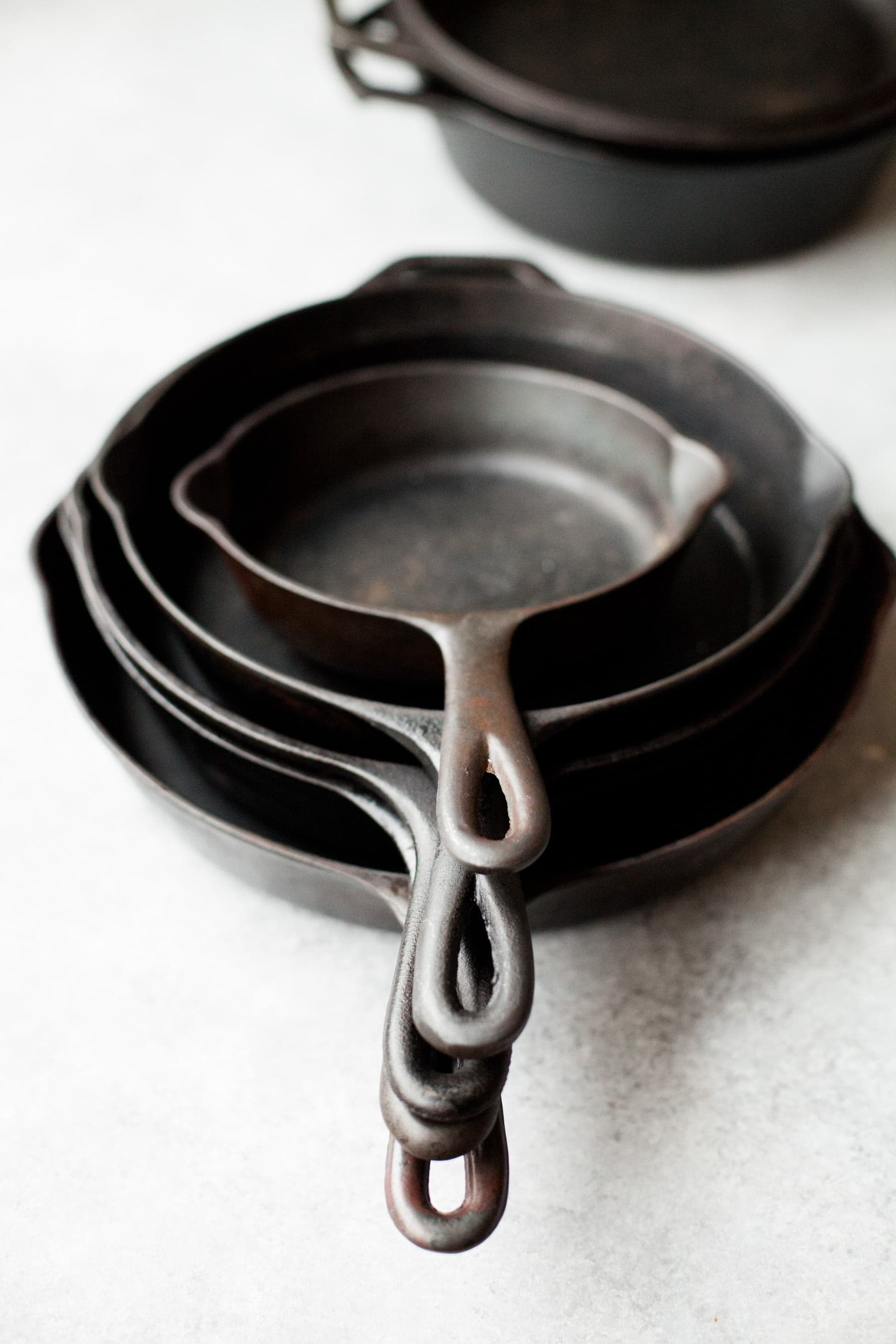
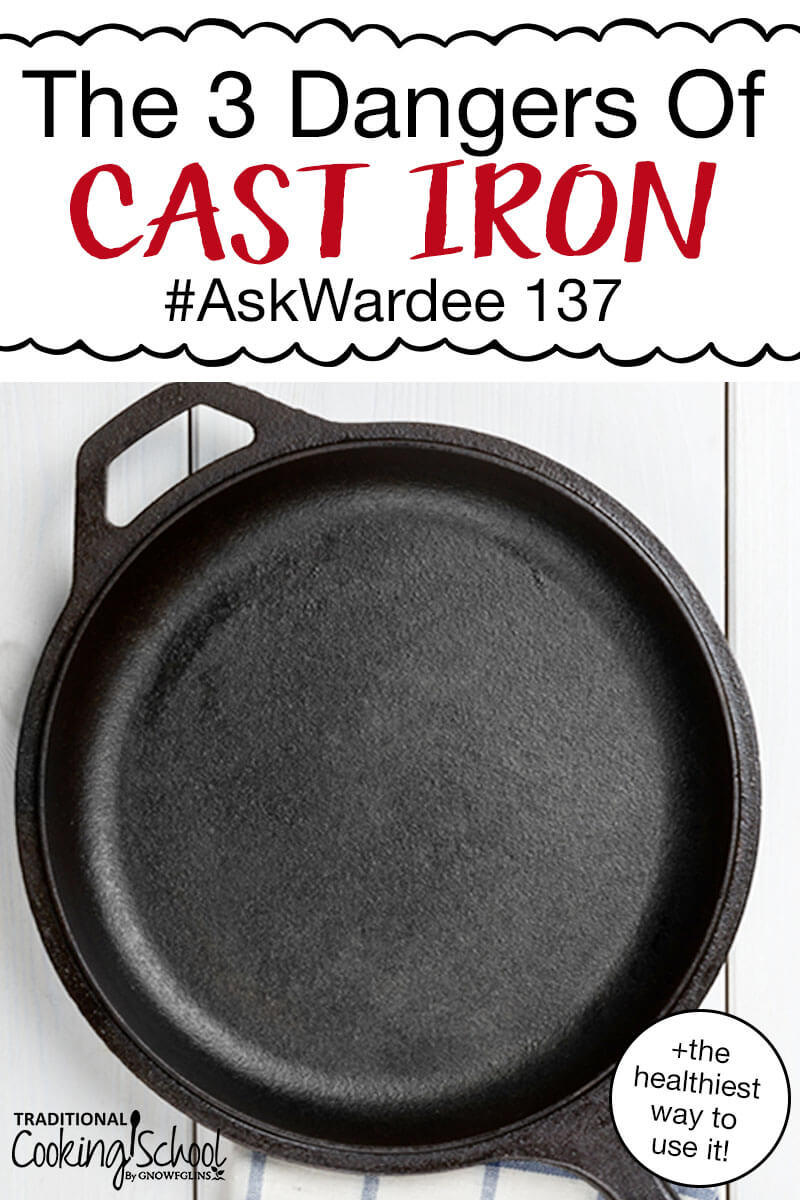





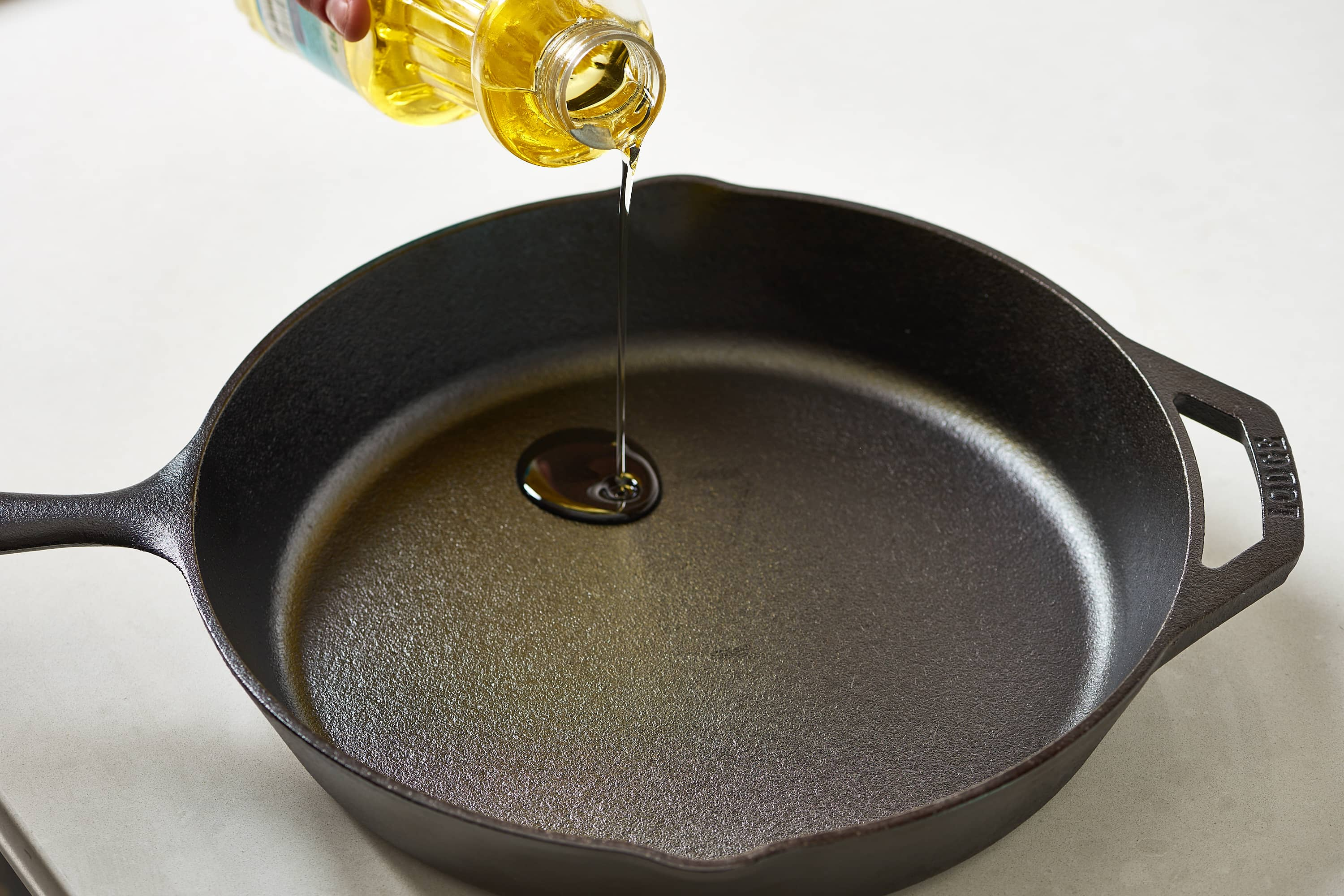
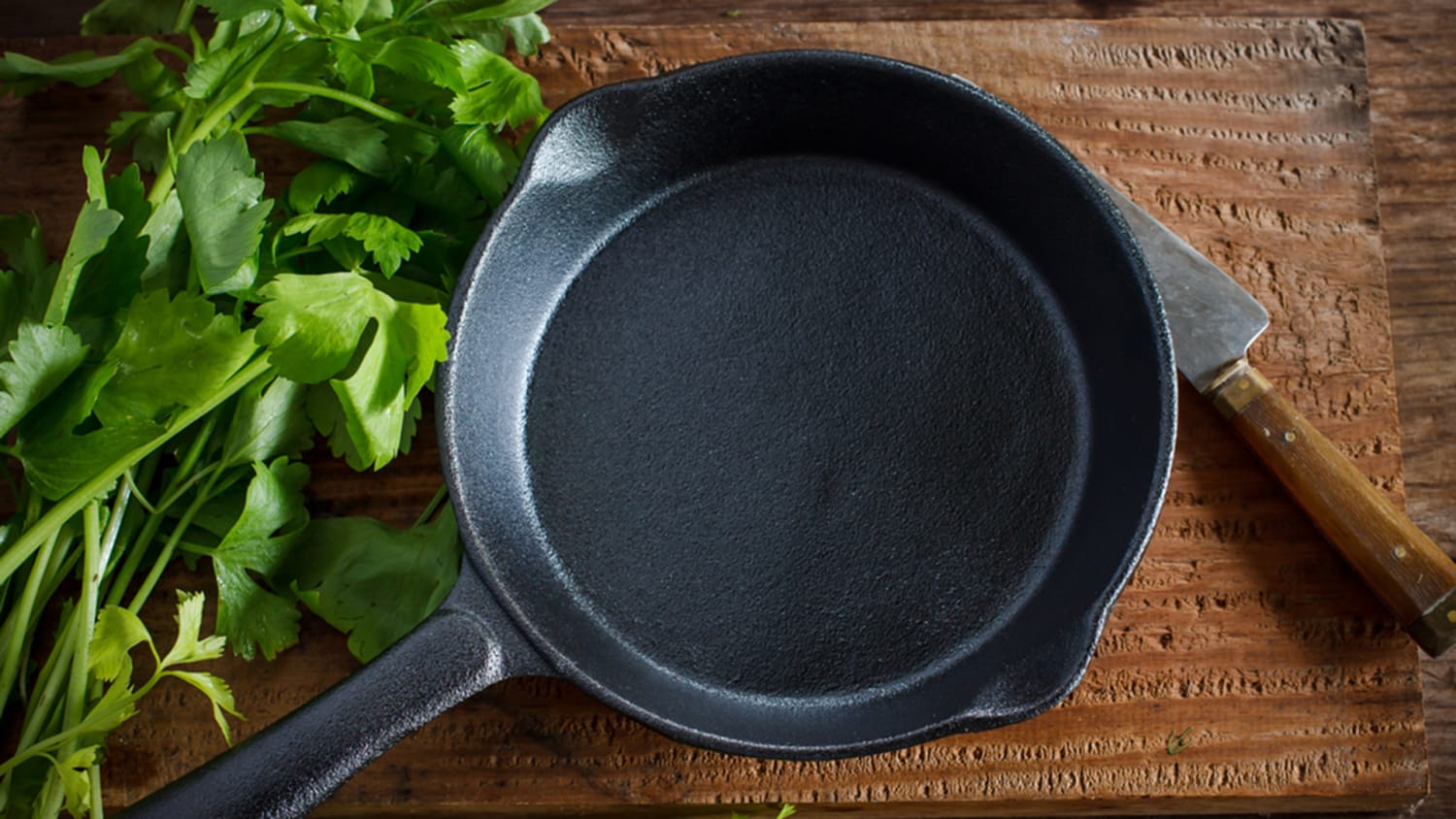

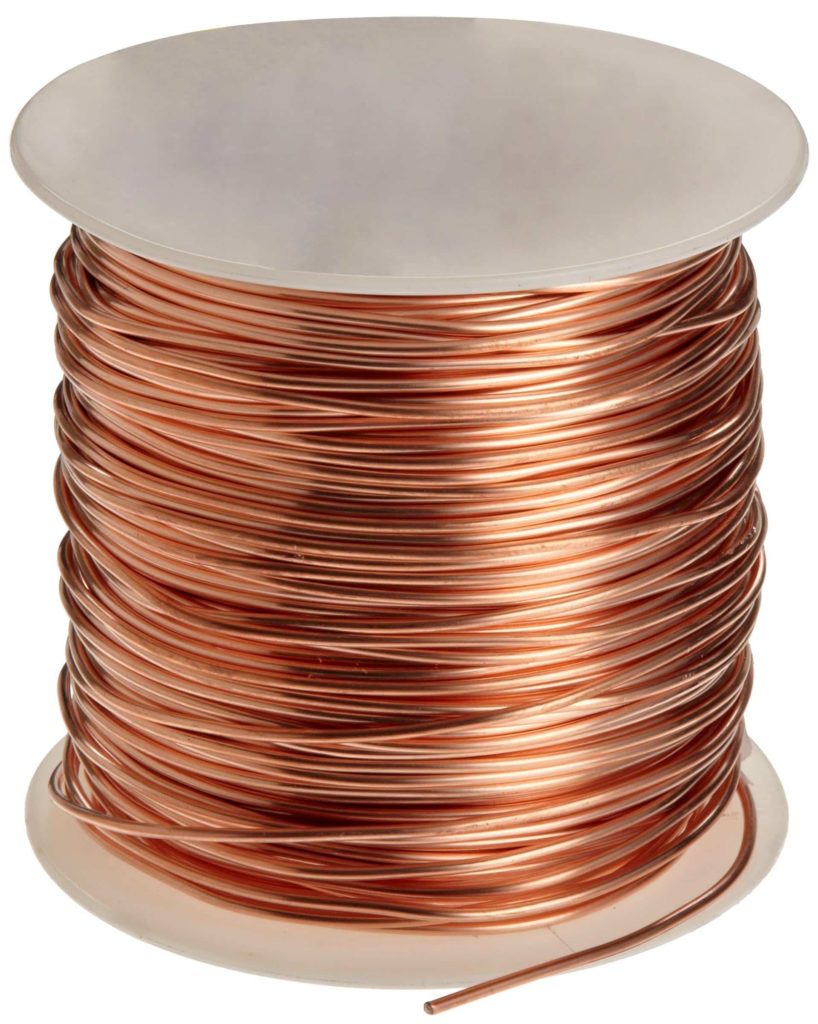


/105781528-56a613de5f9b58b7d0dfcc50.jpg)




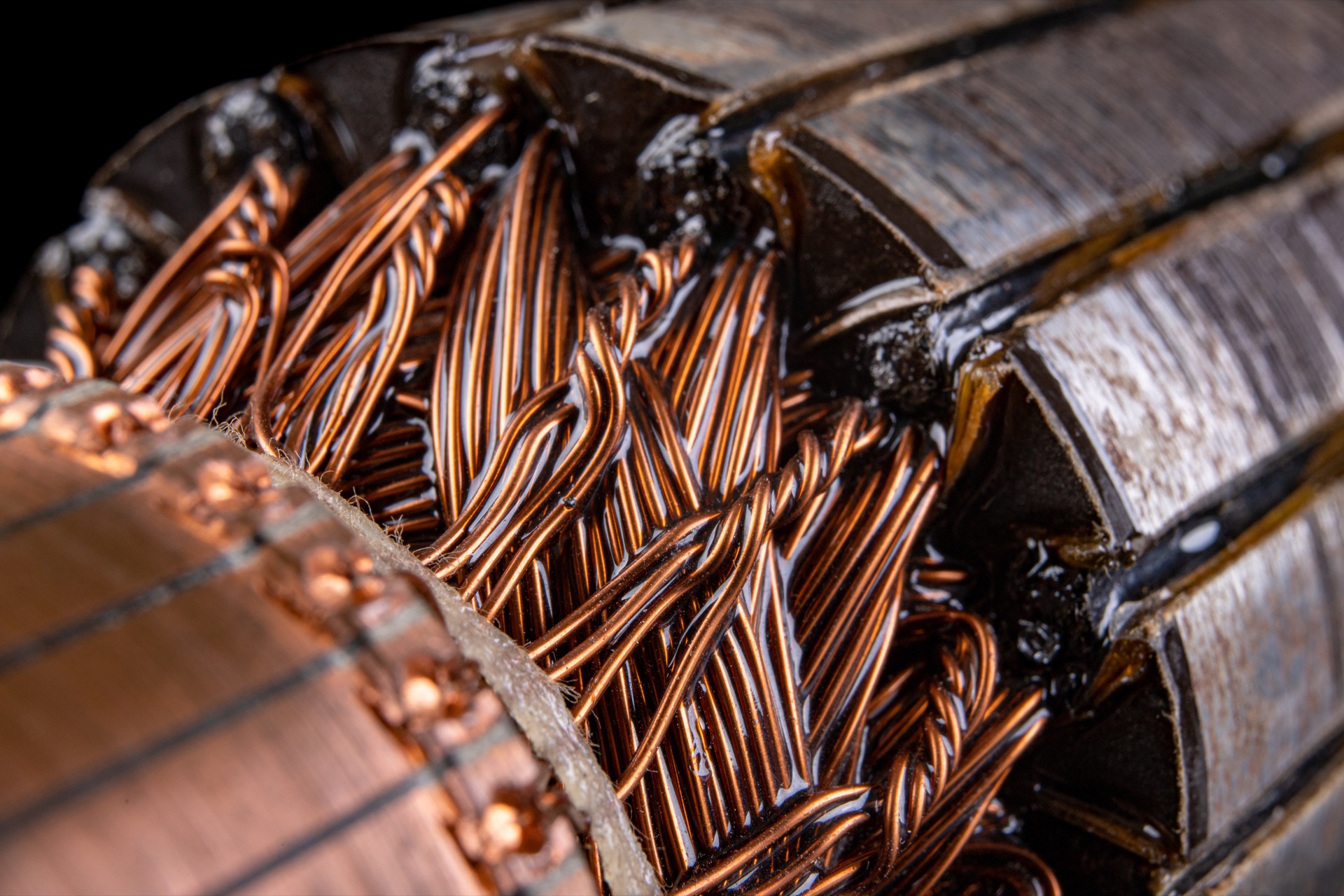


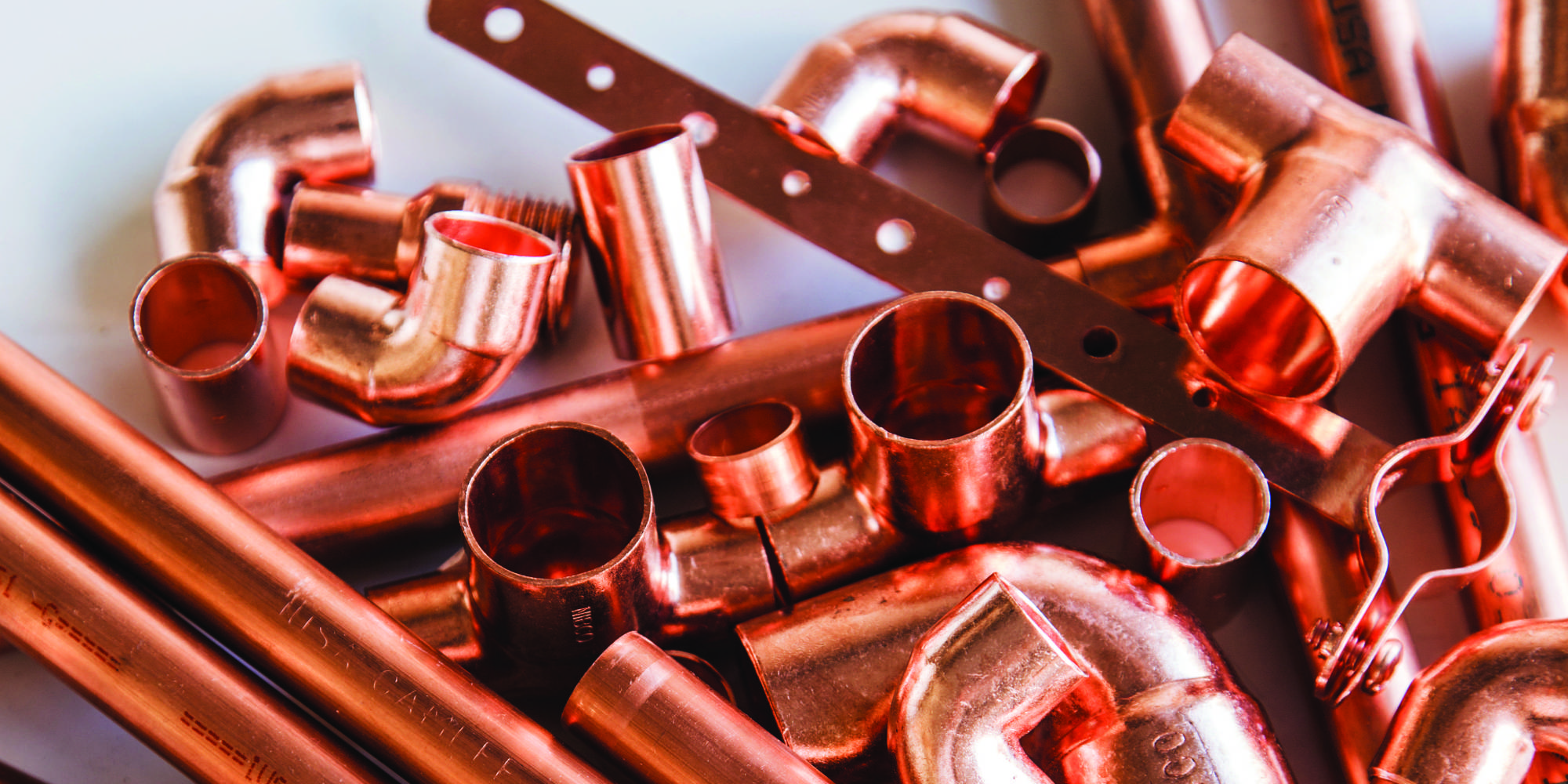










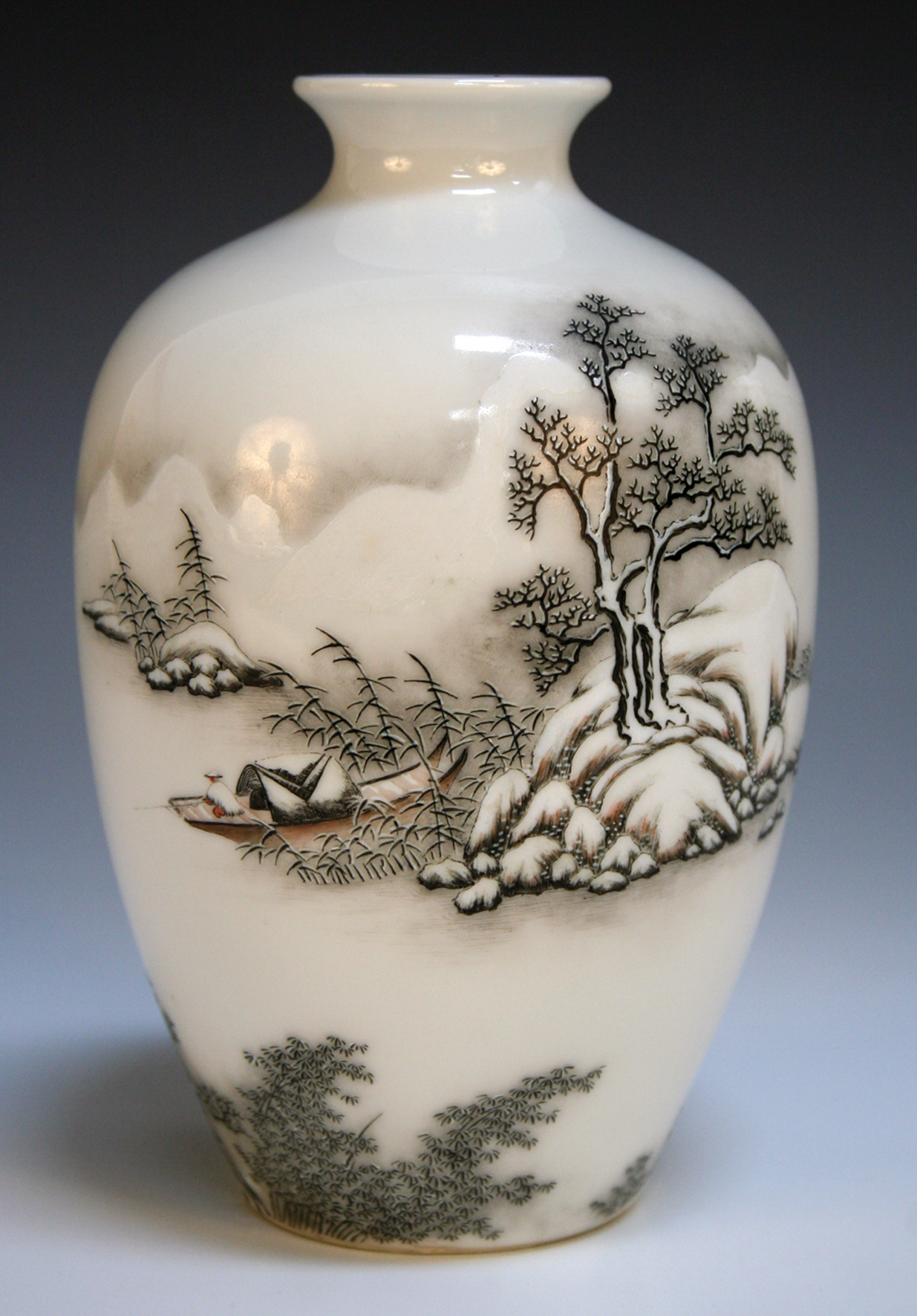





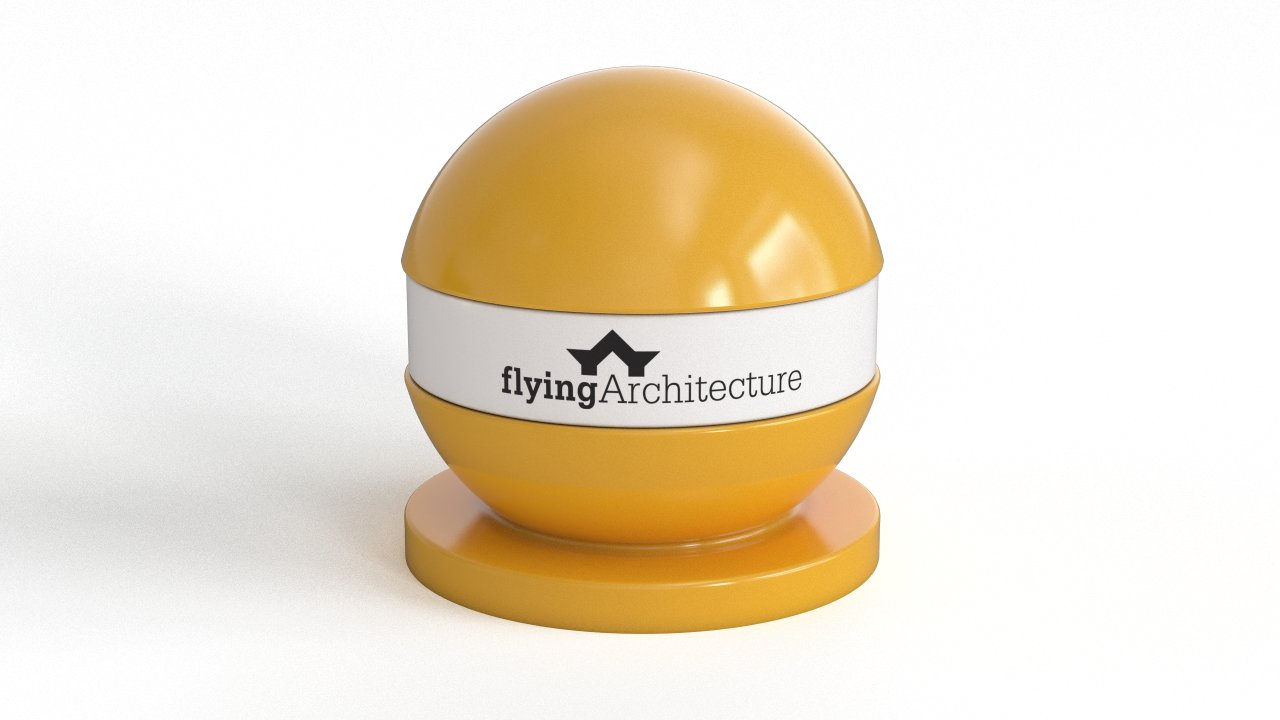
/WetPorcelainTile-5acfa0213037130037cecba0.jpg)






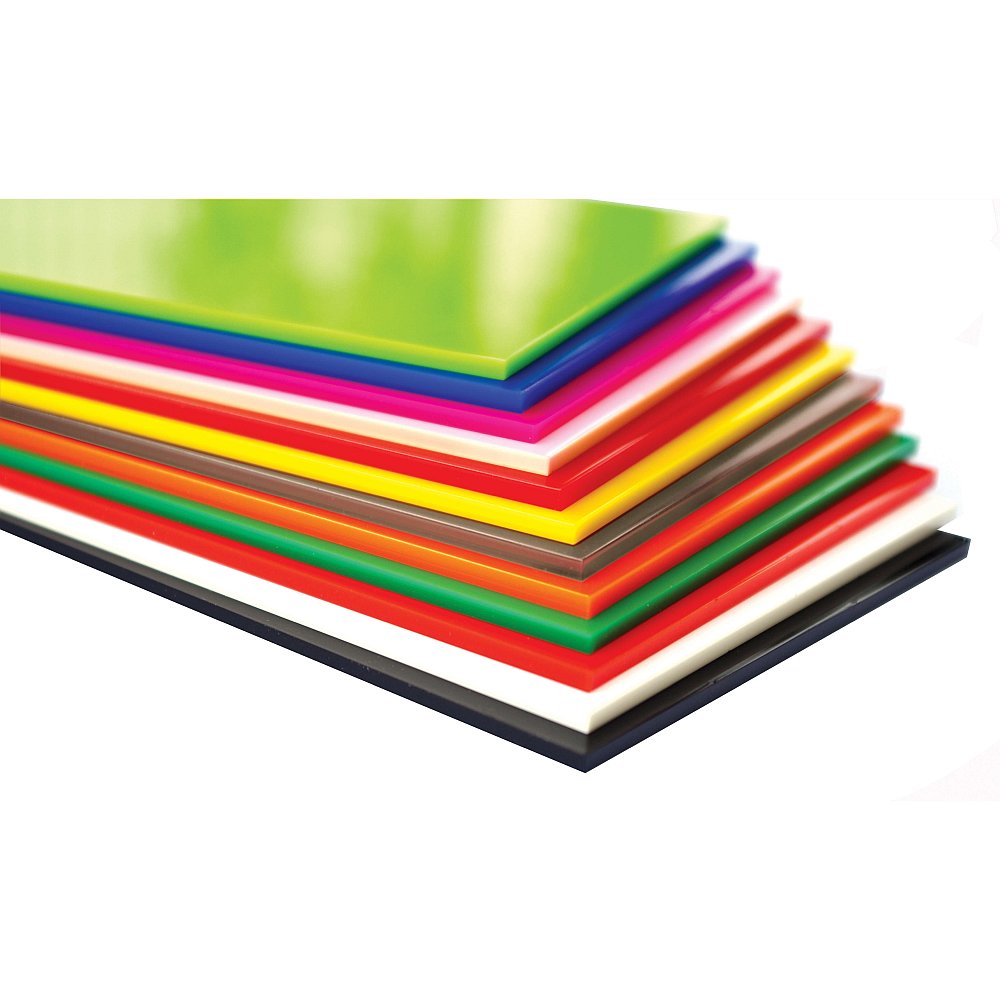
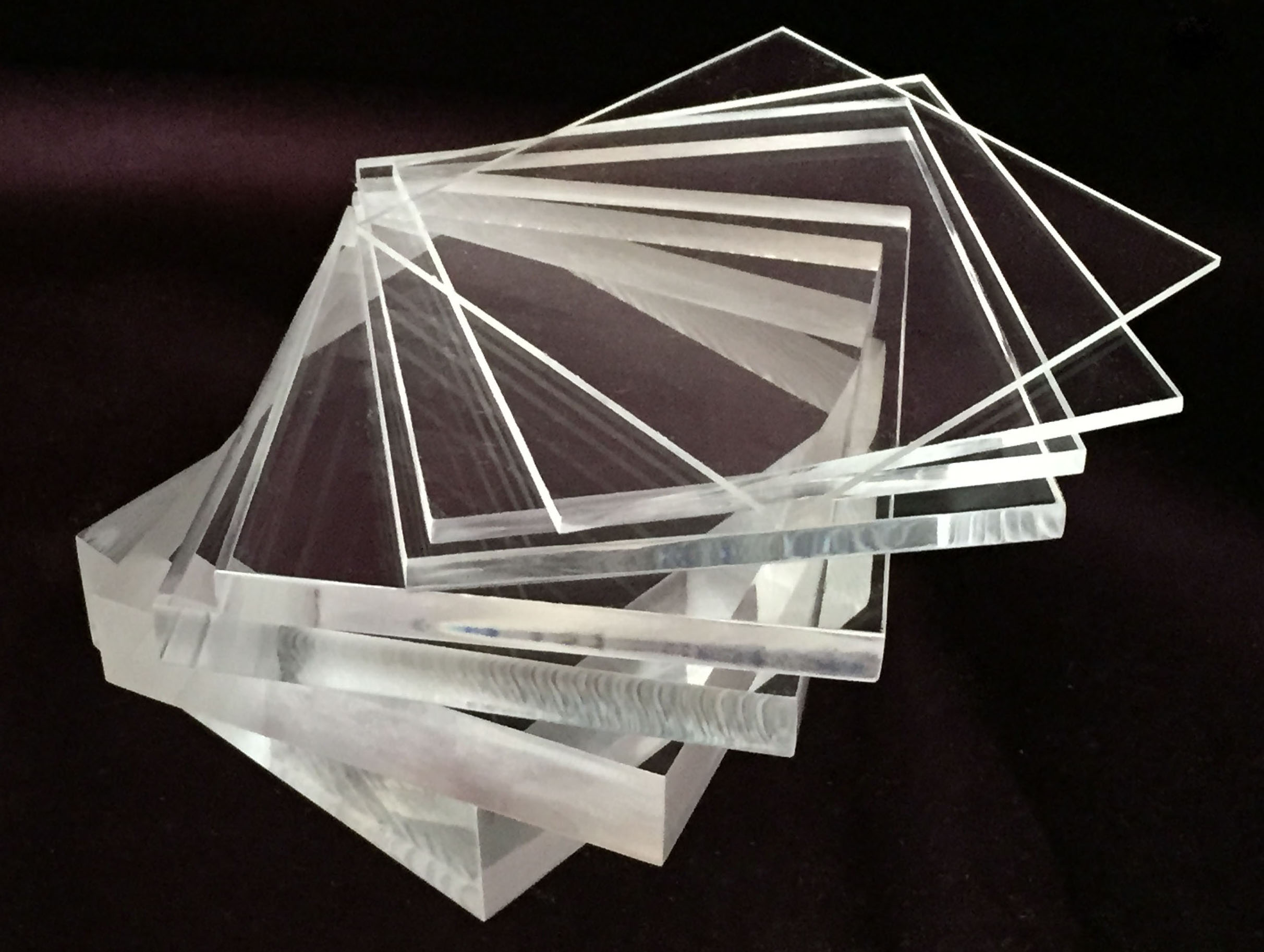

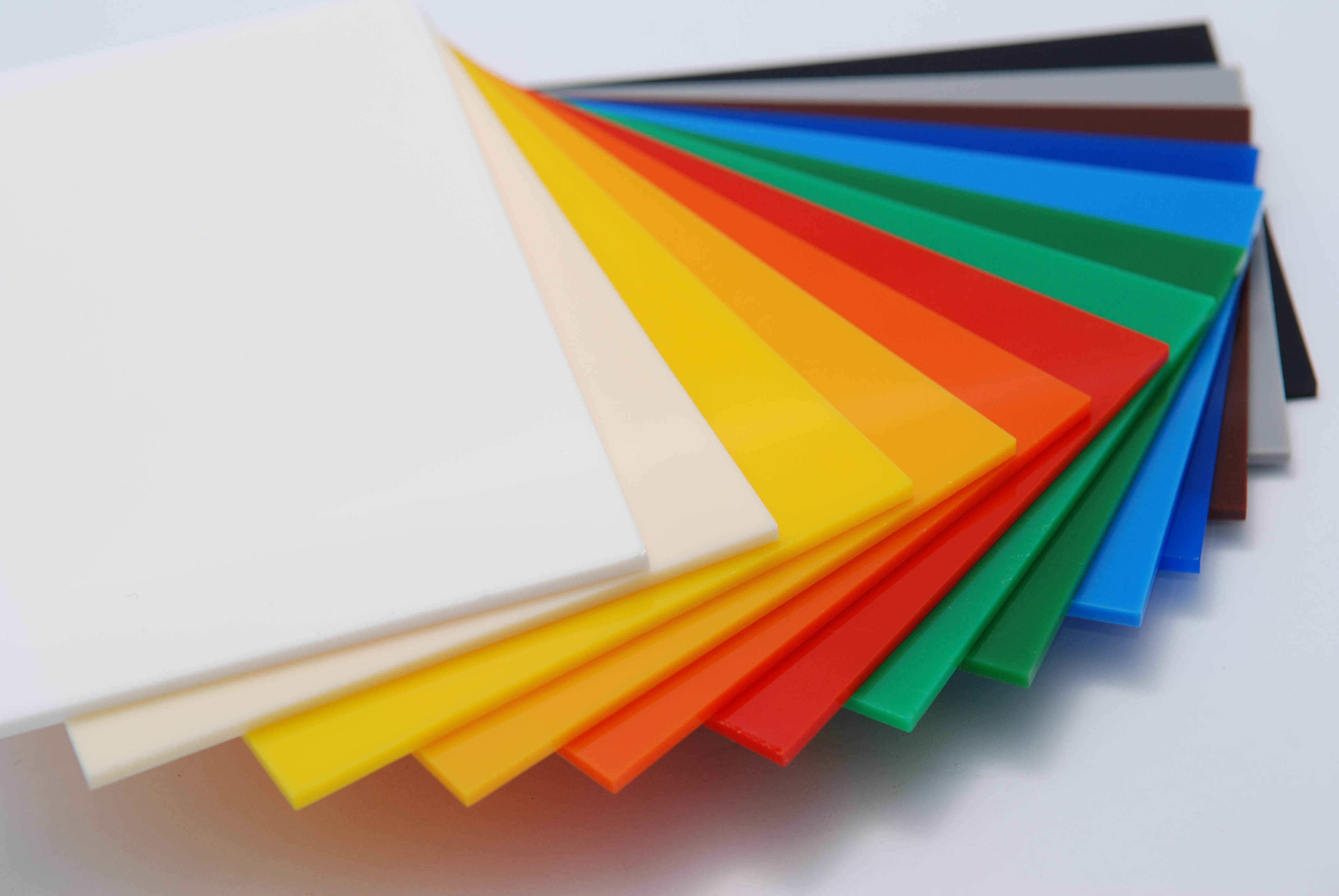
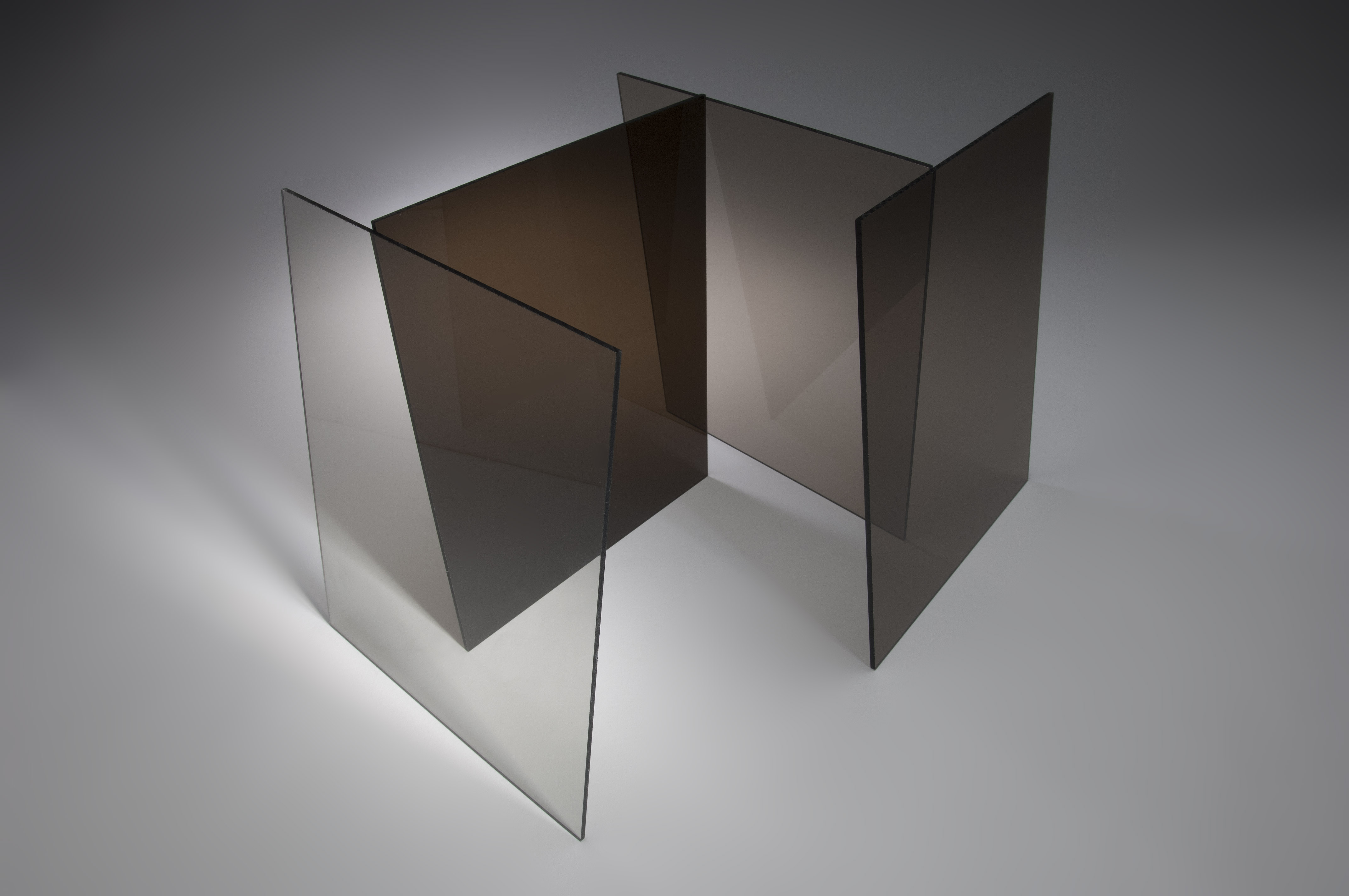
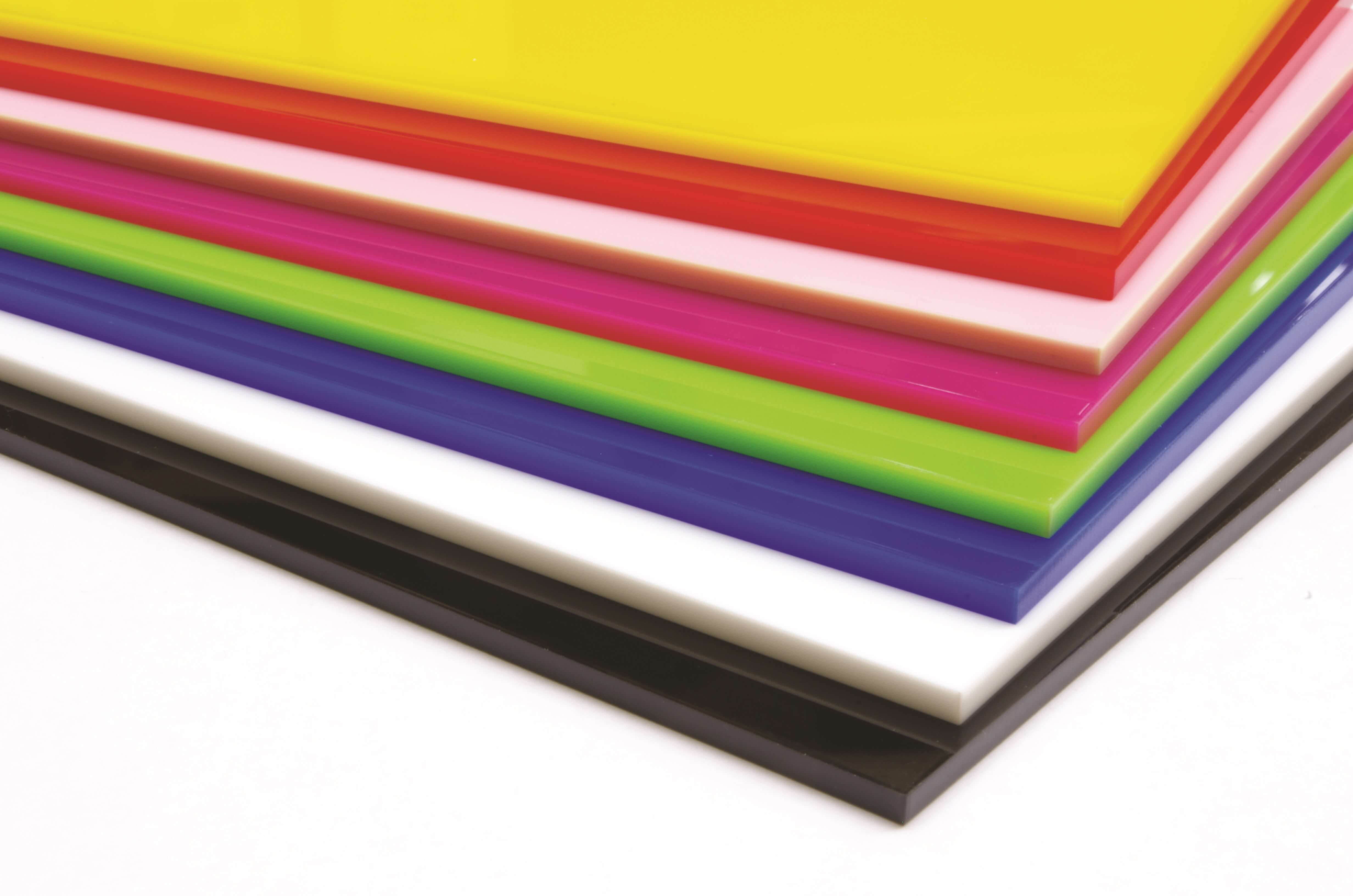
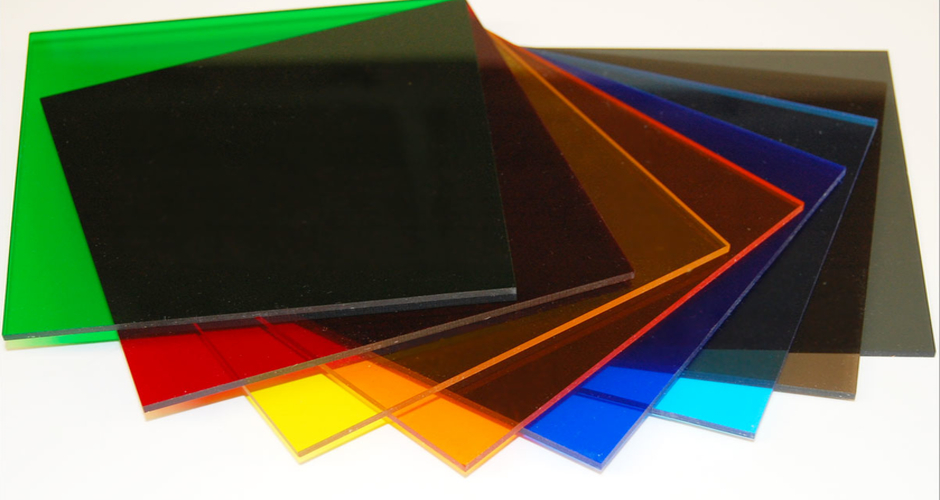
/acrylicpainttips_Beginners-56a6e7a65f9b58b7d0e56af3.jpg)
